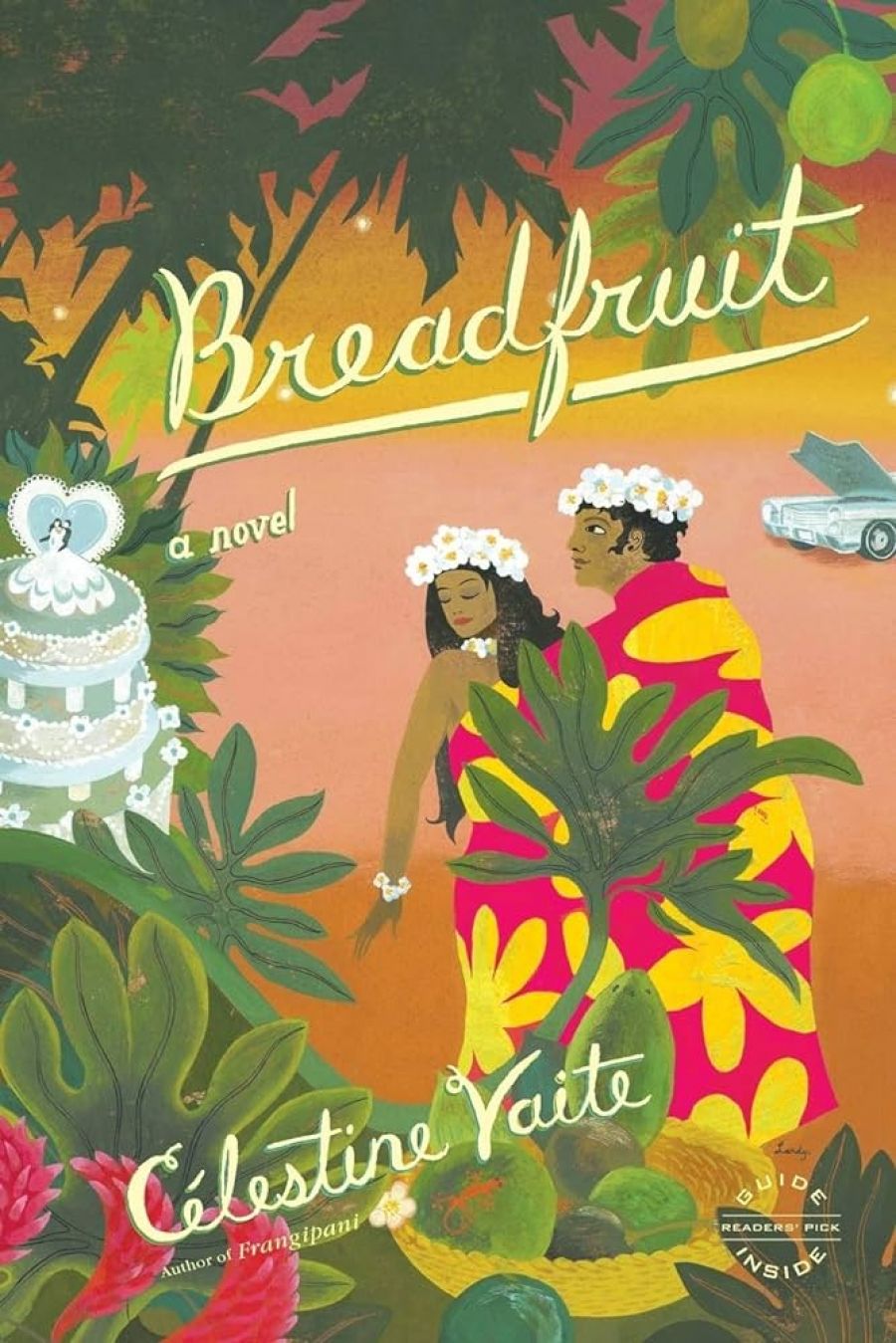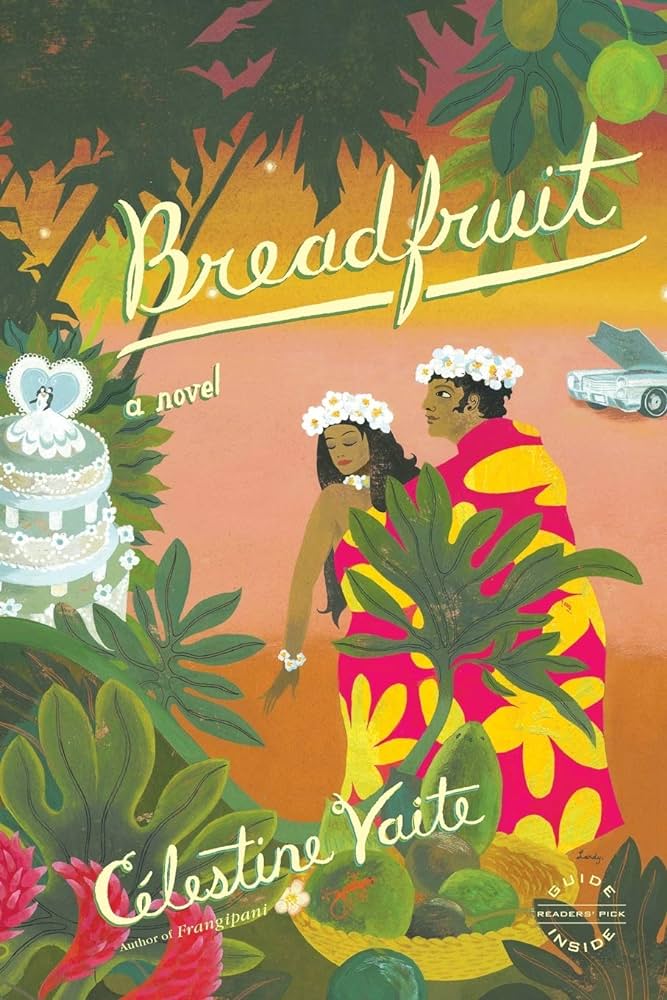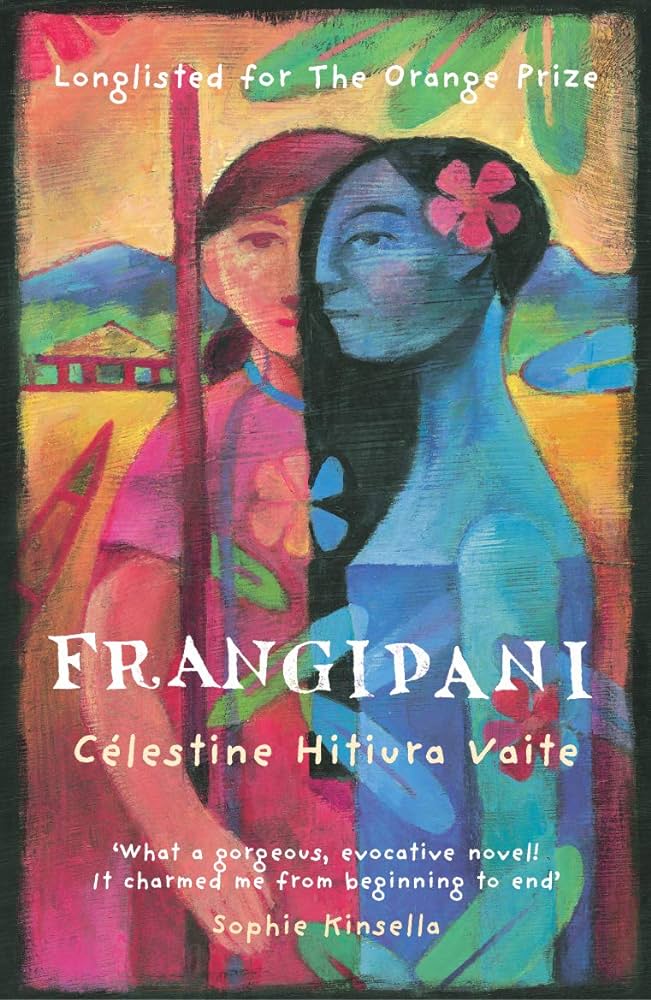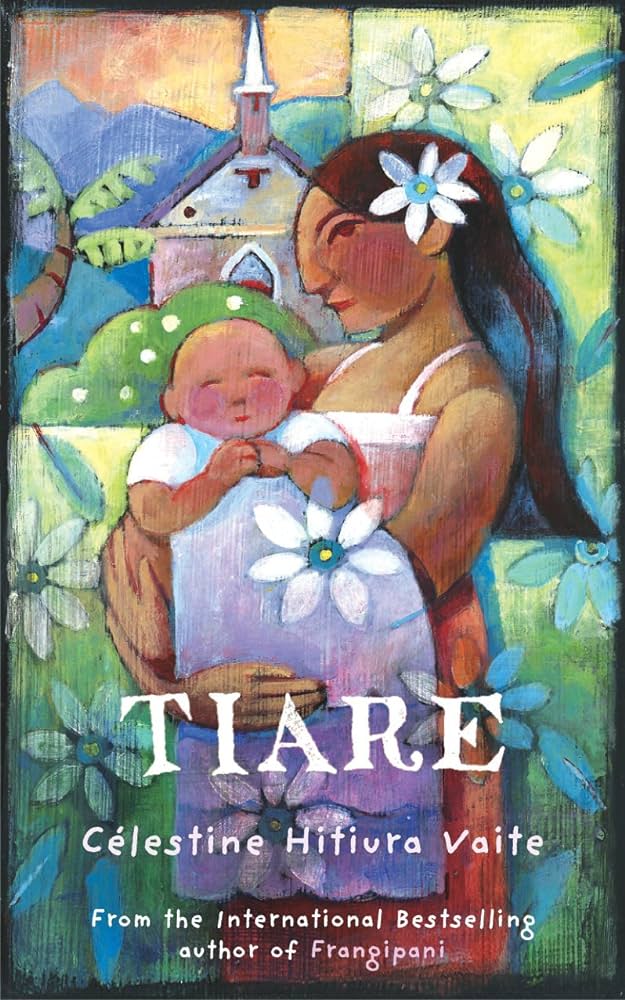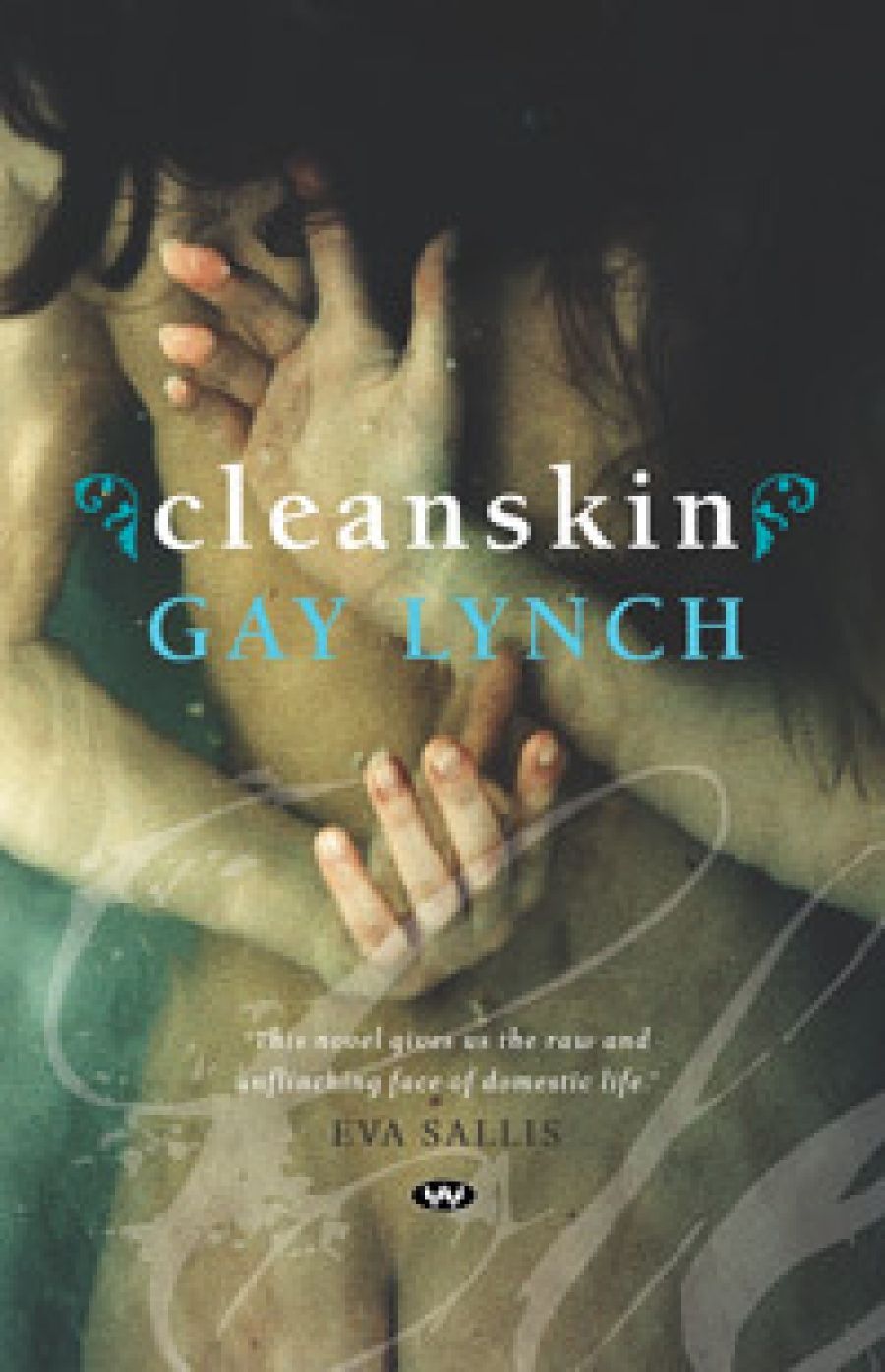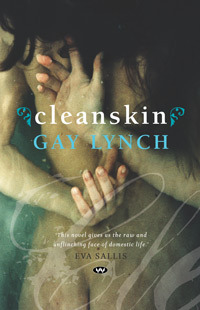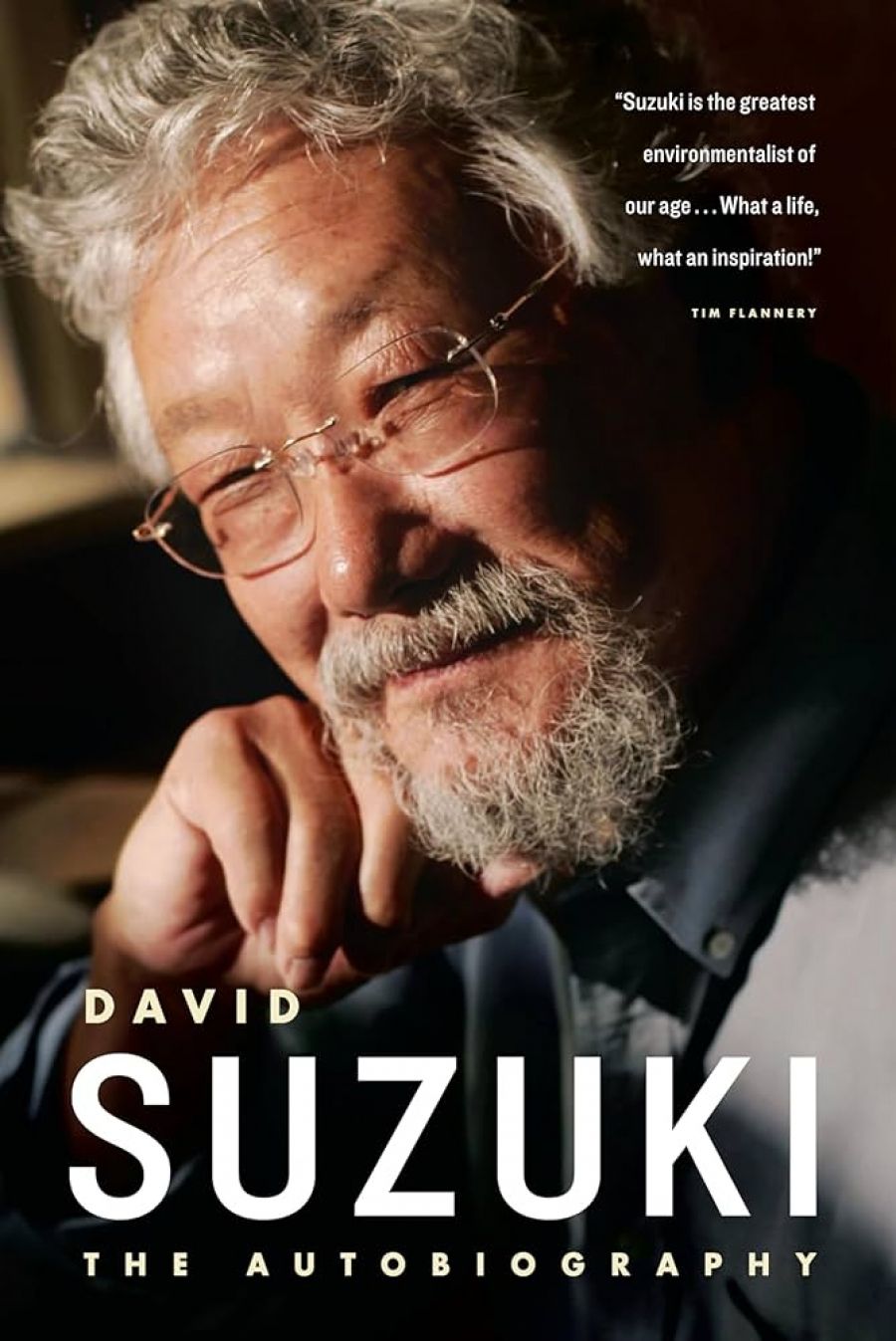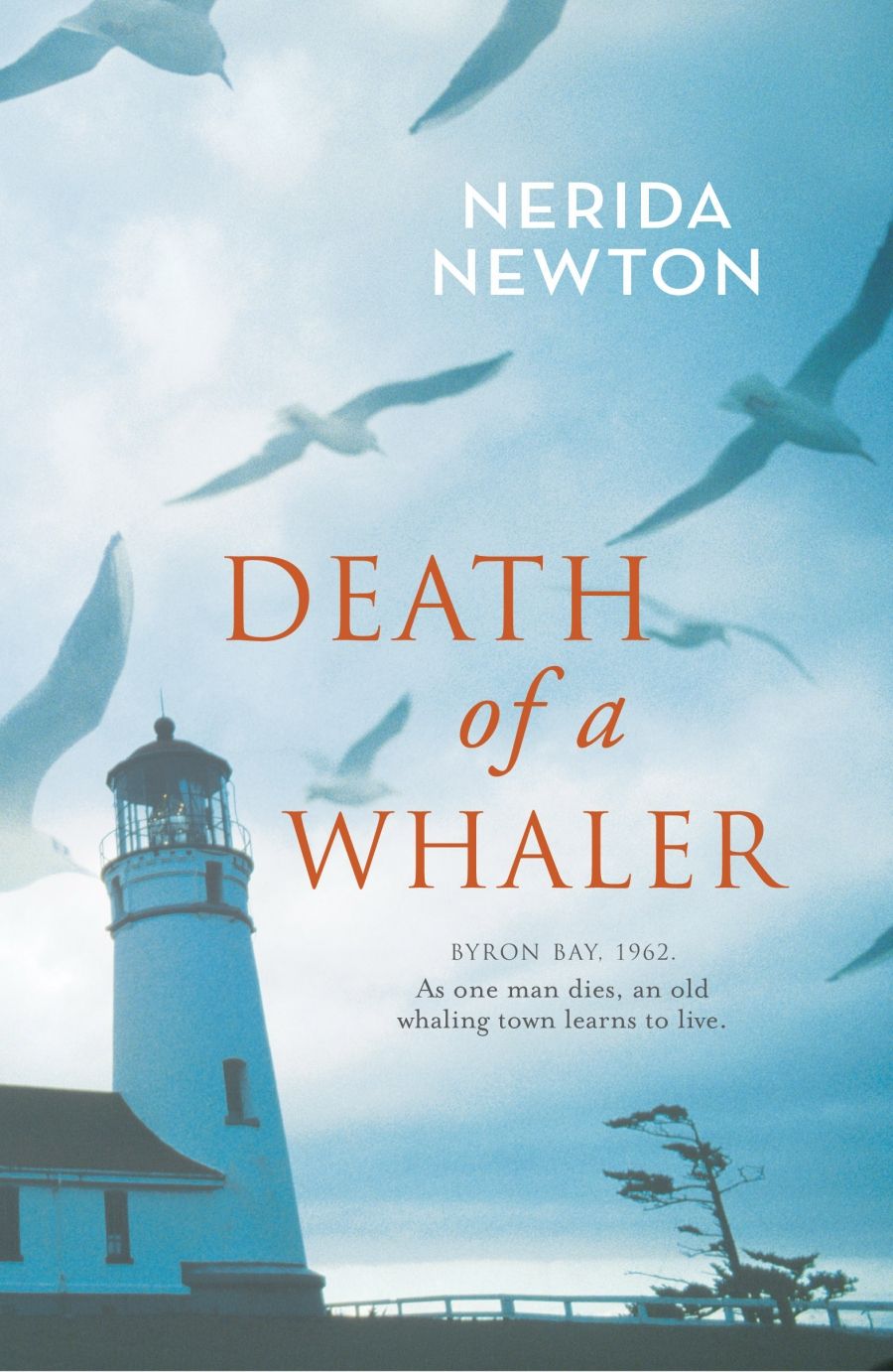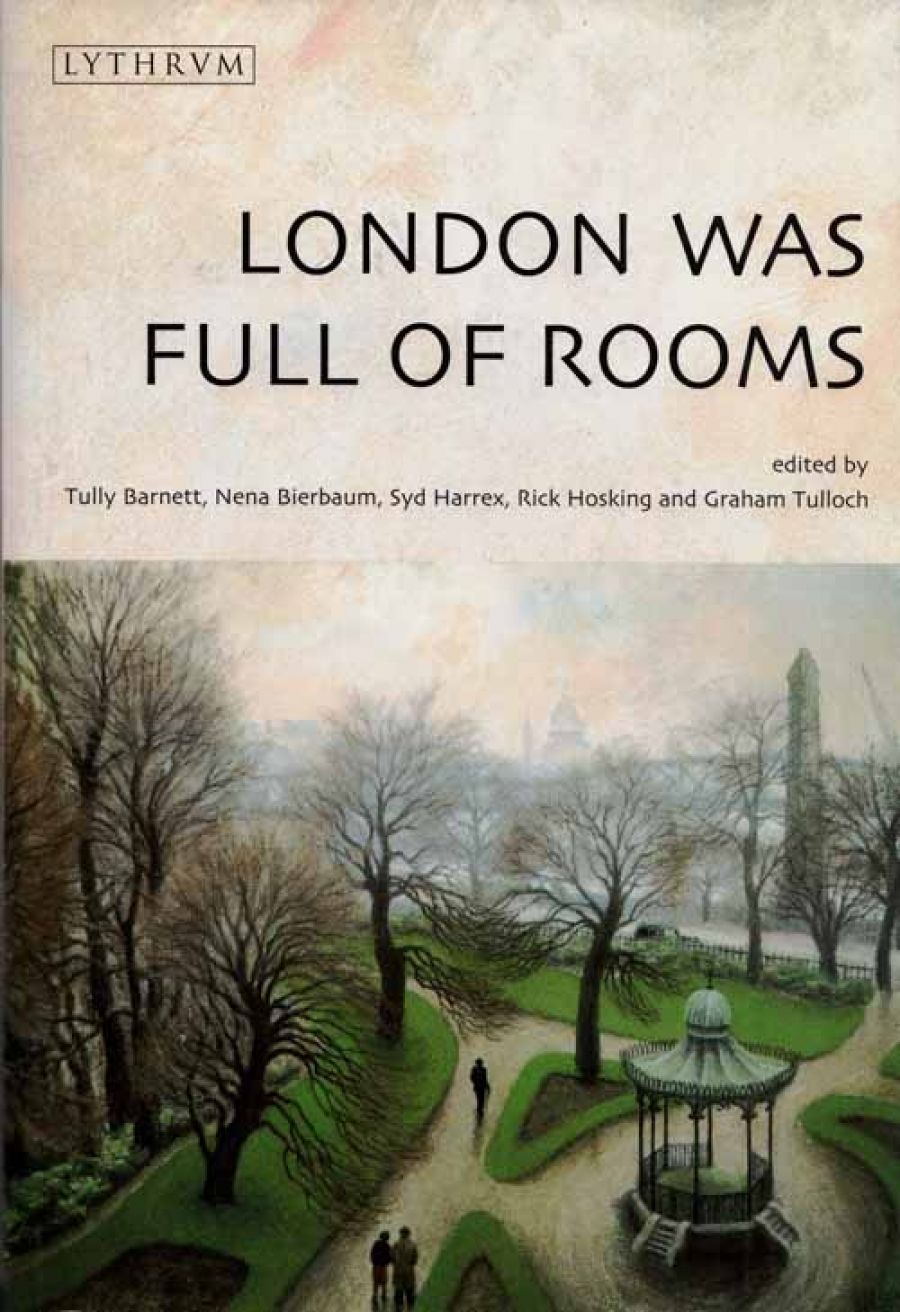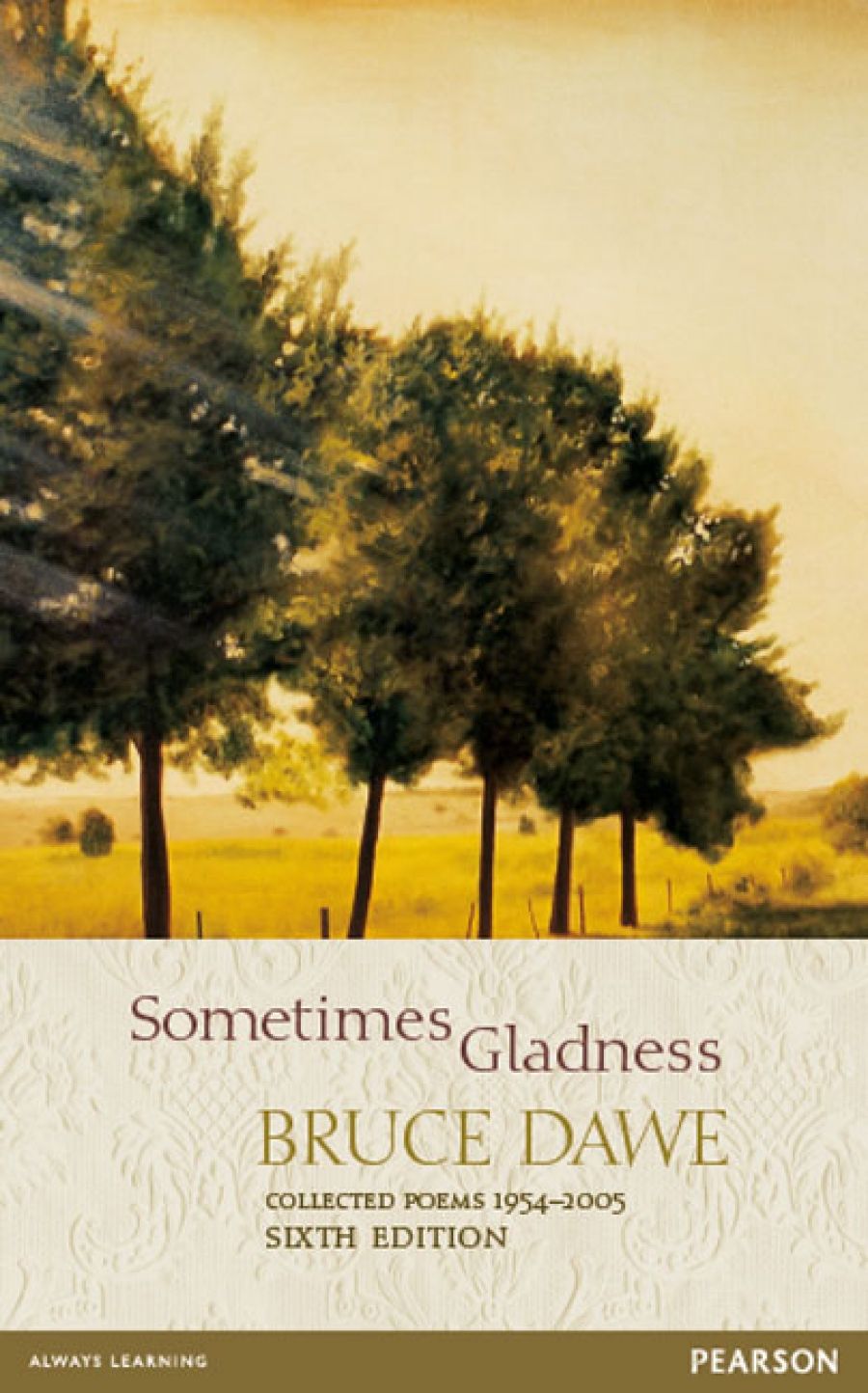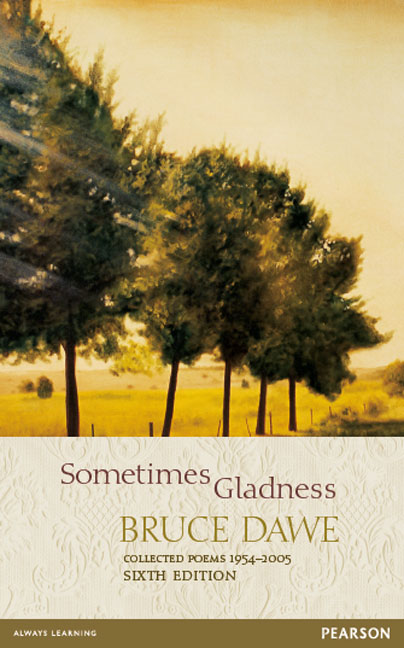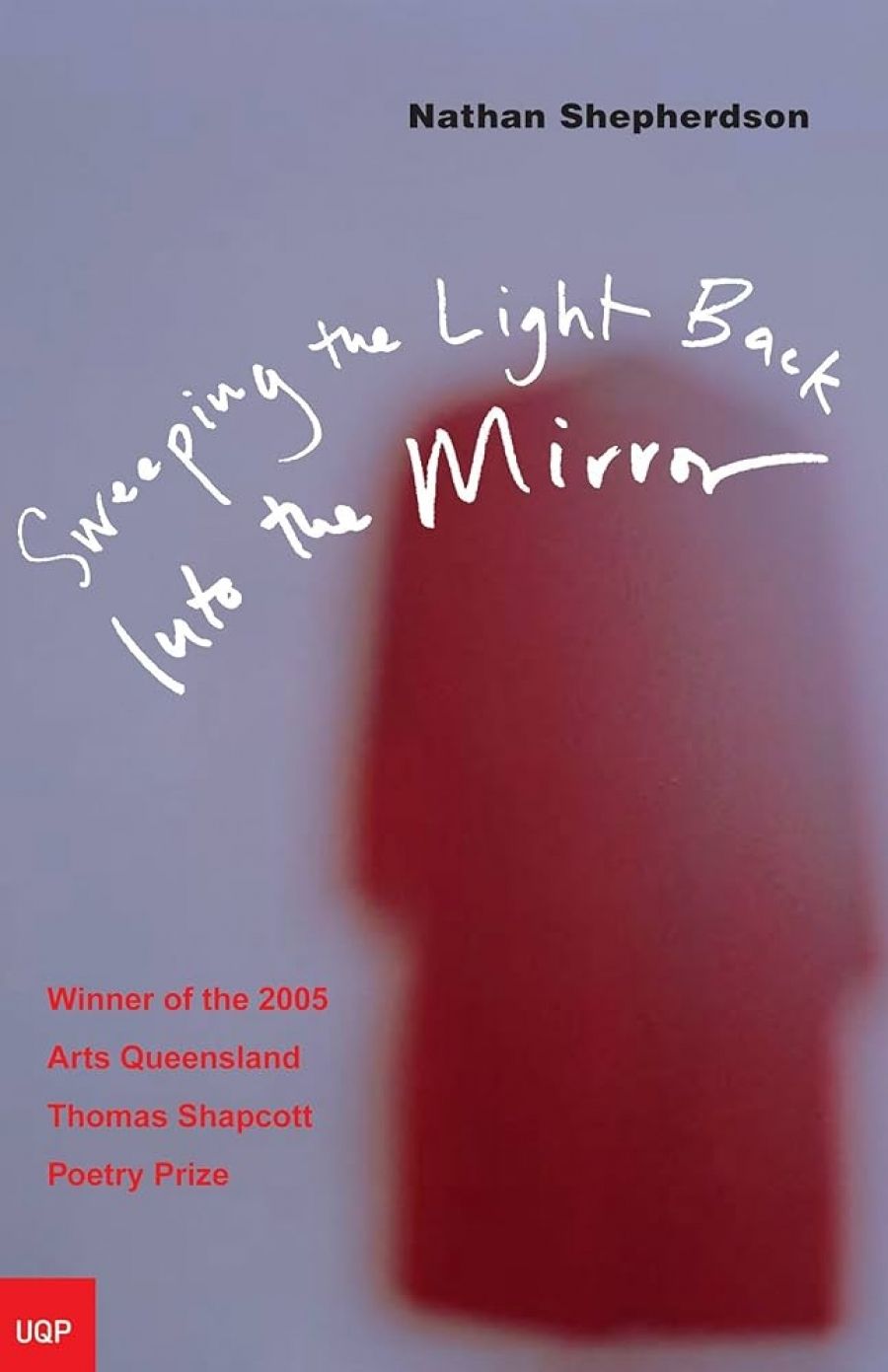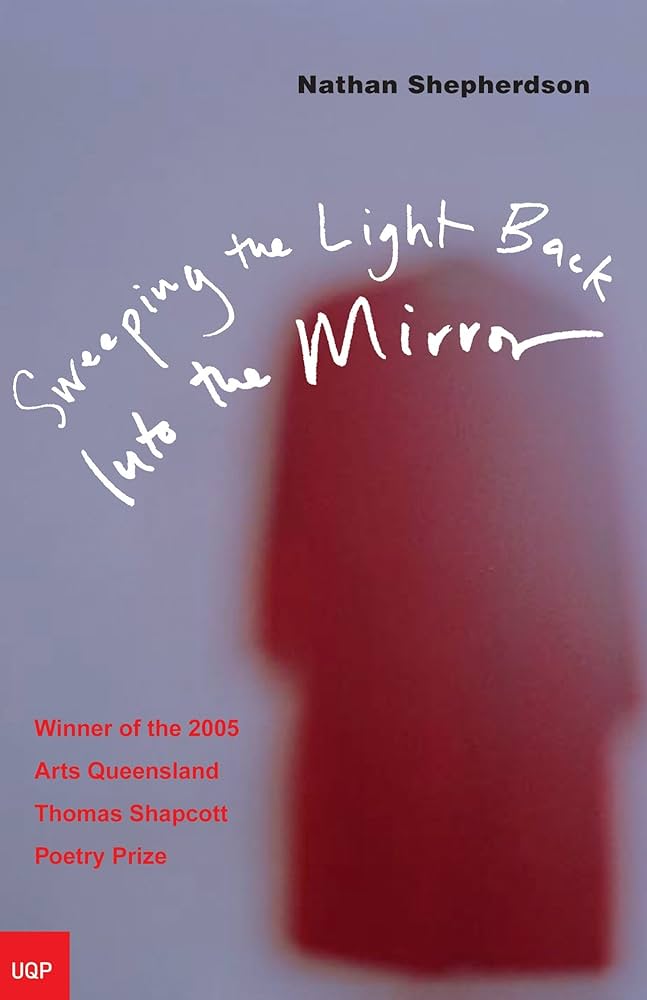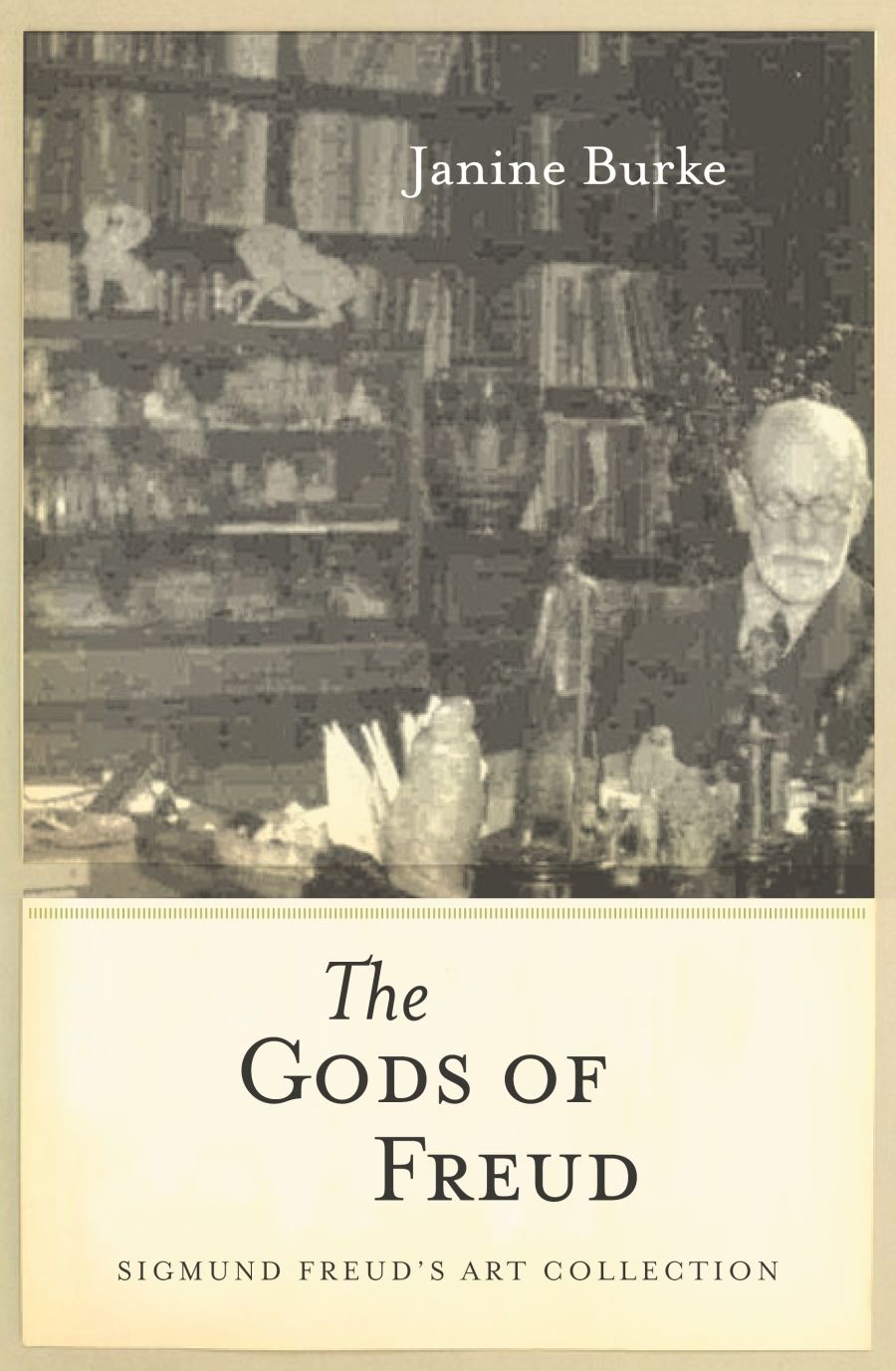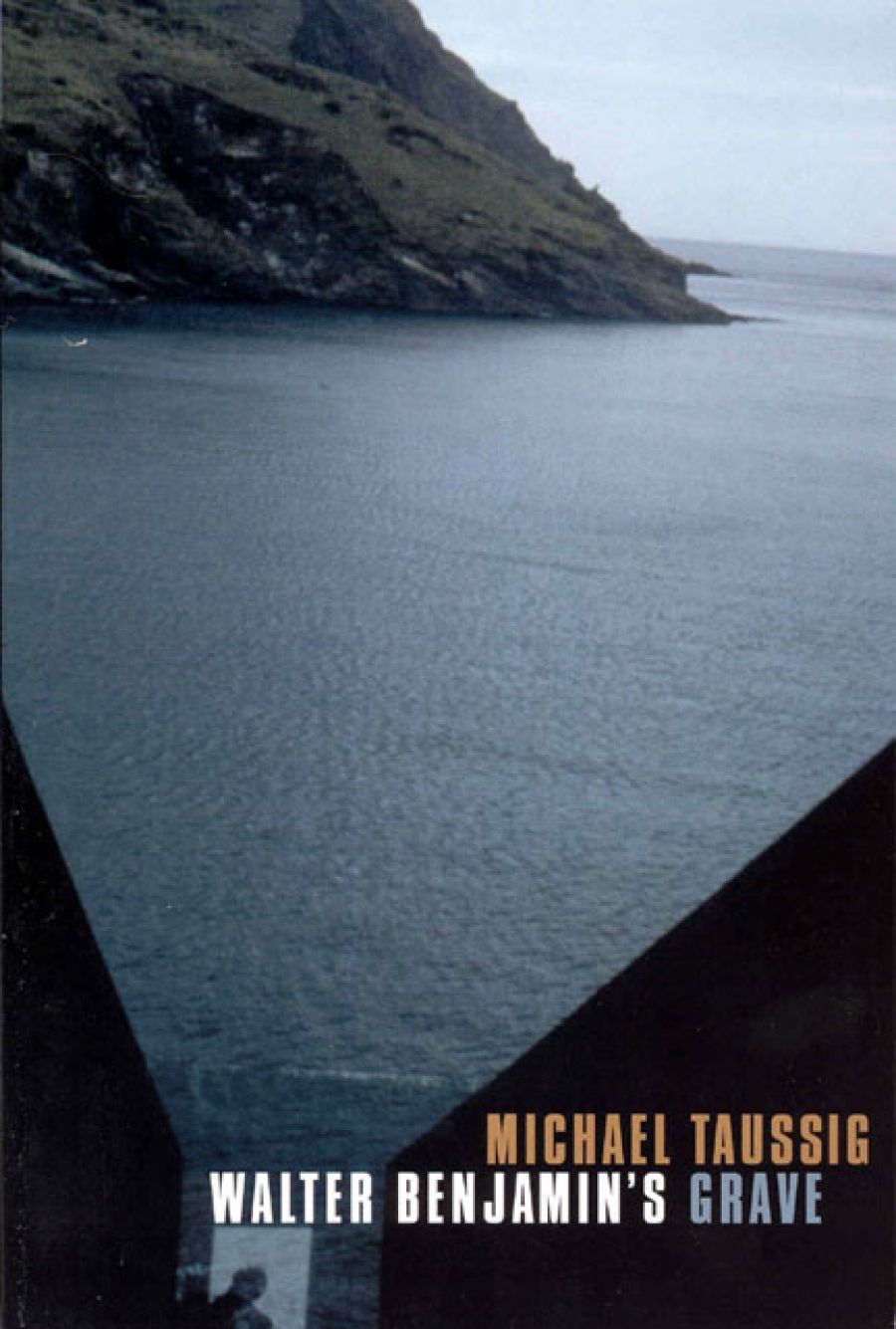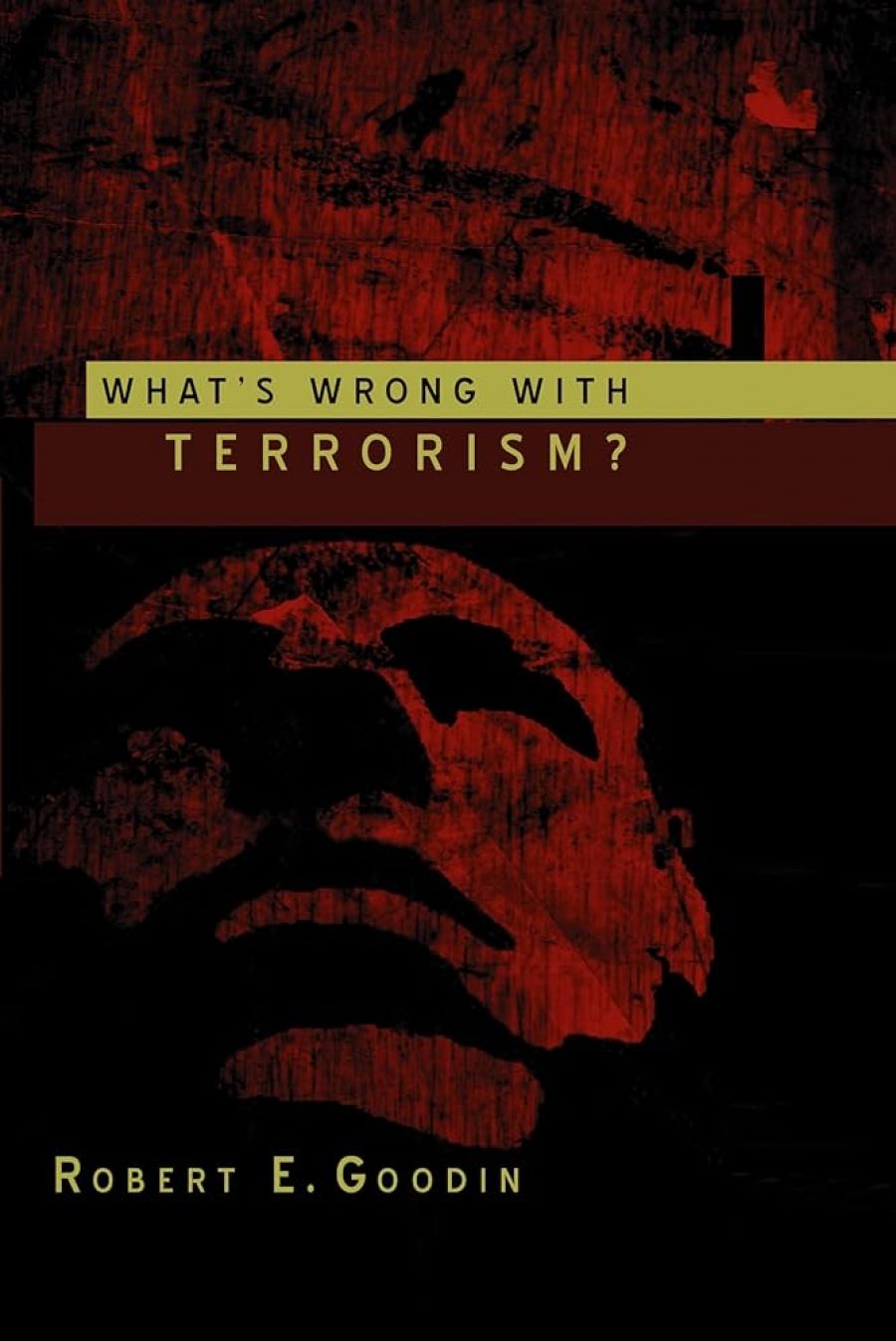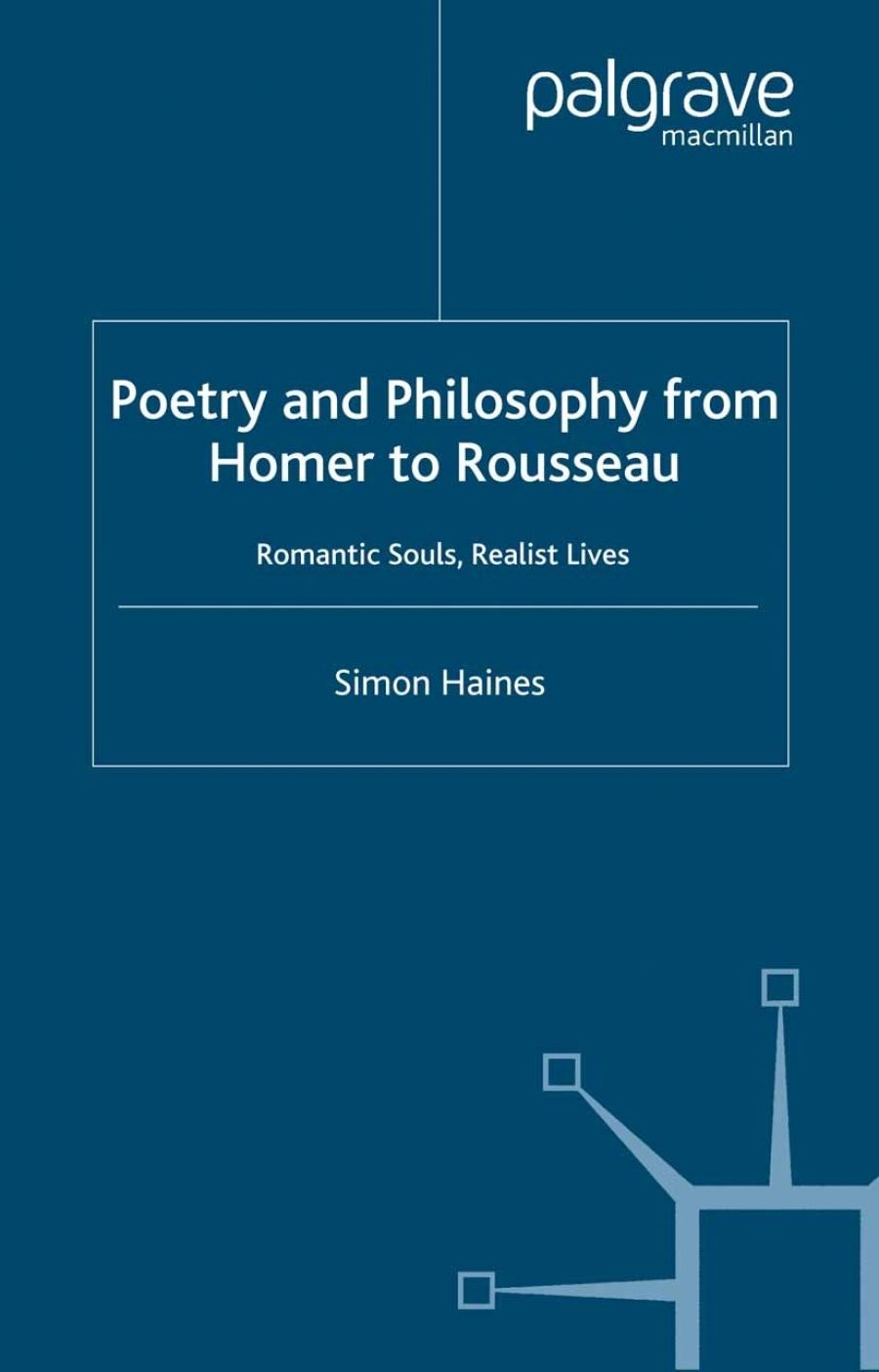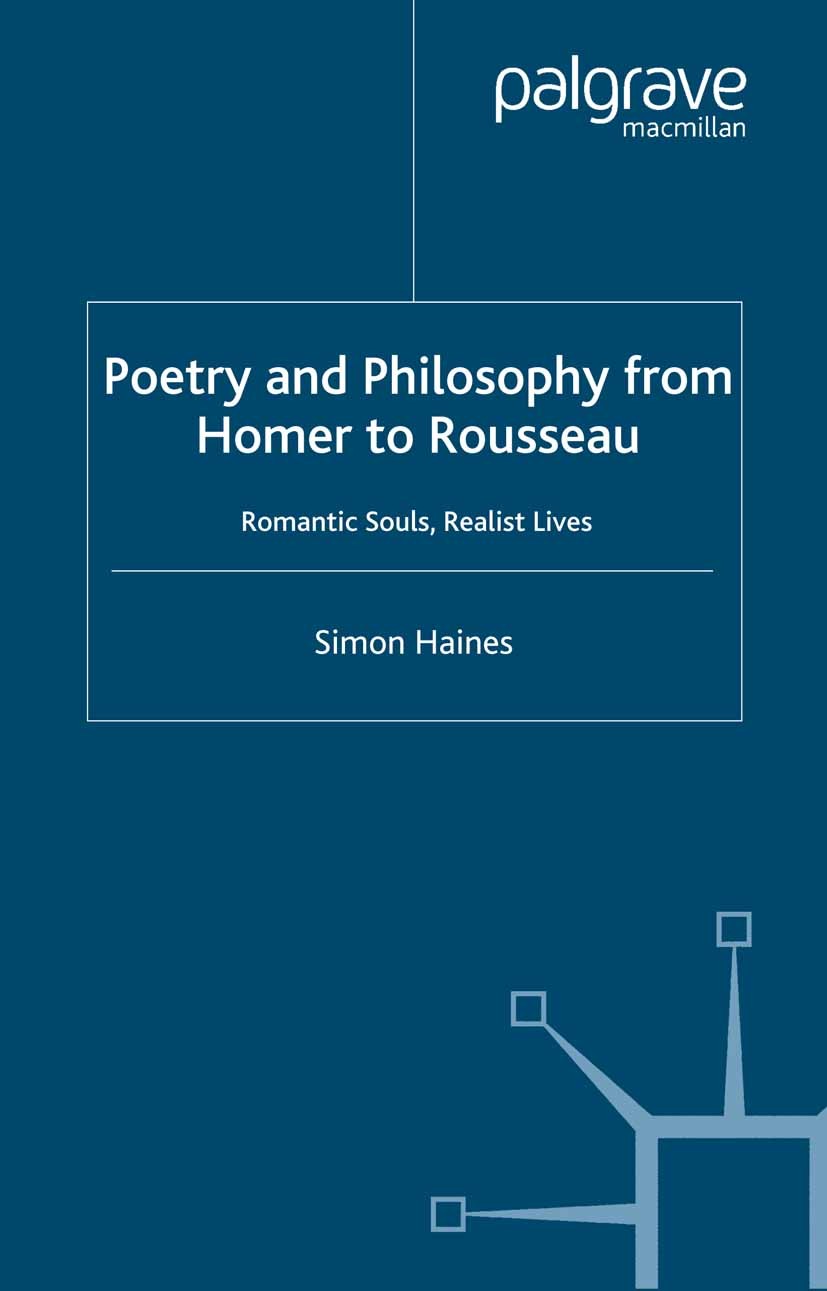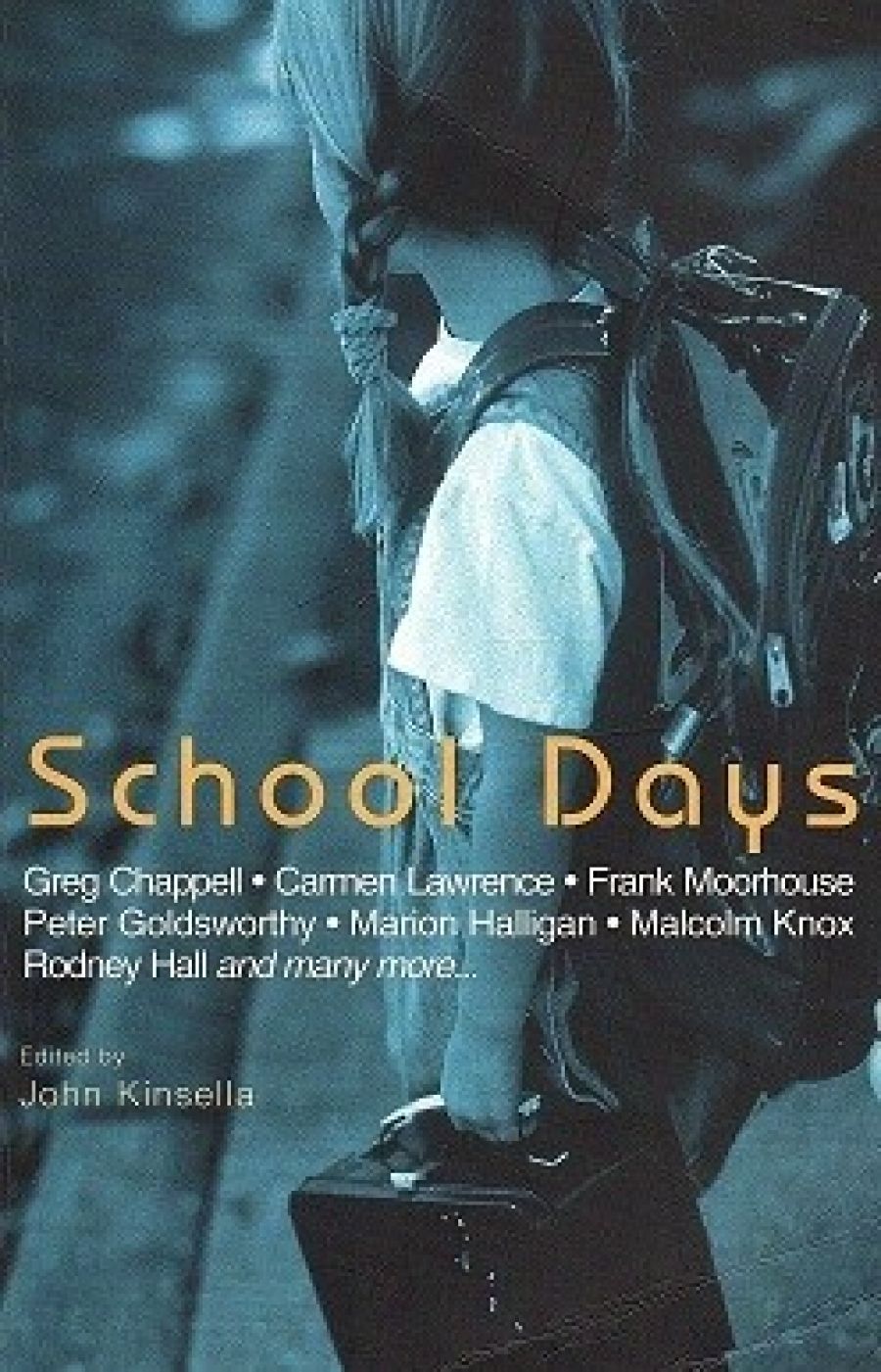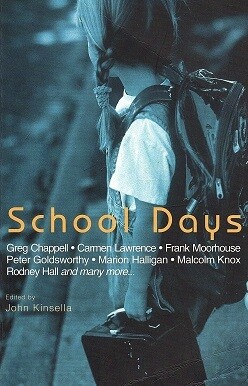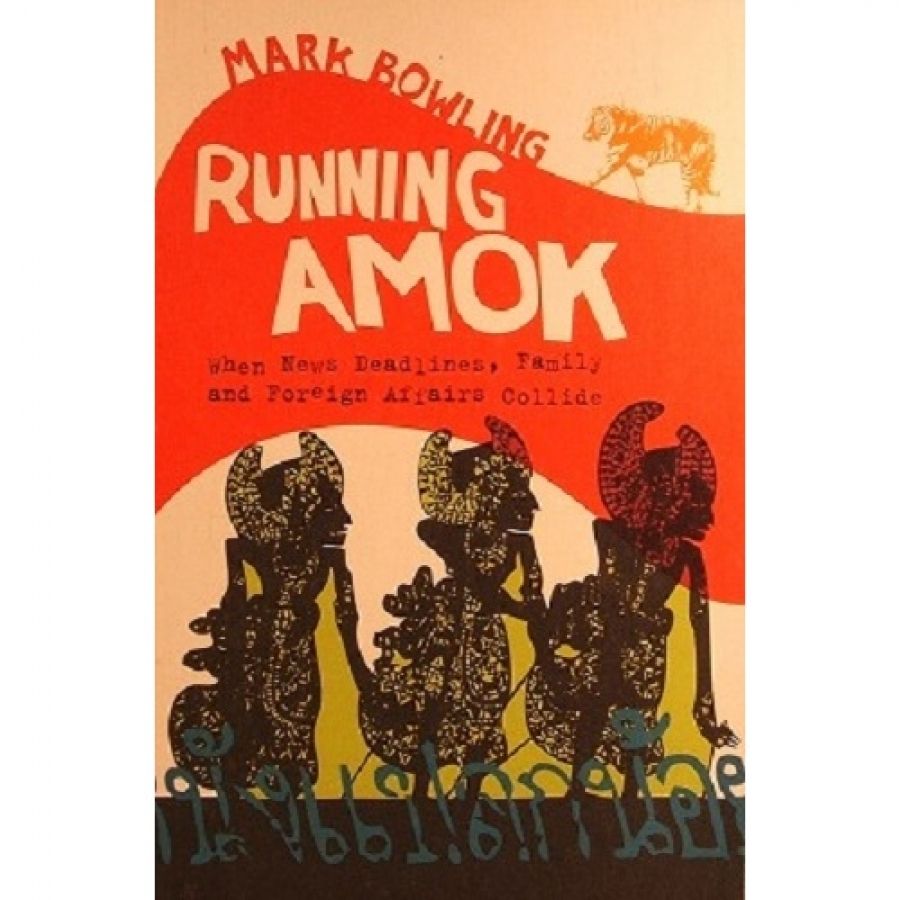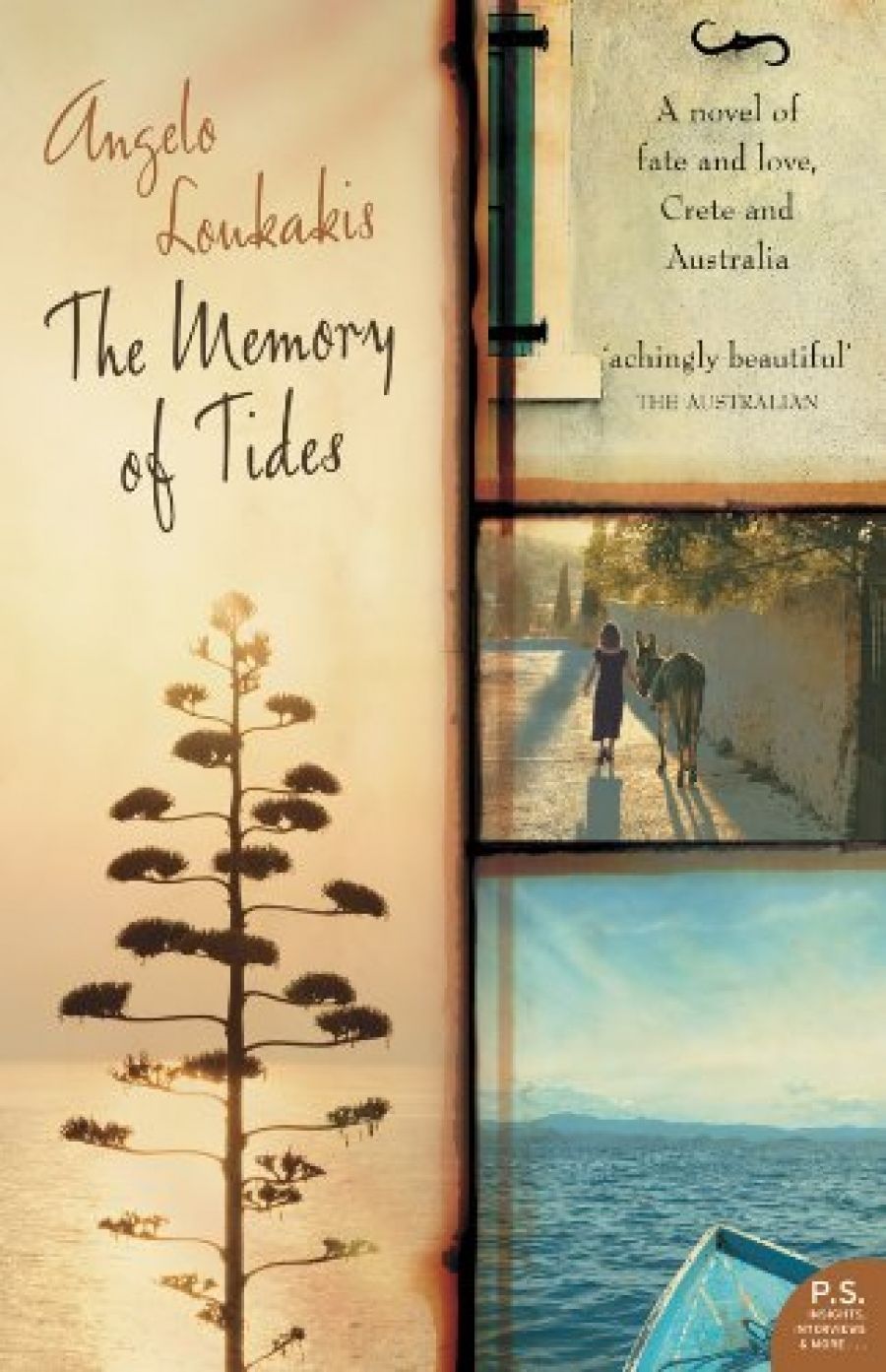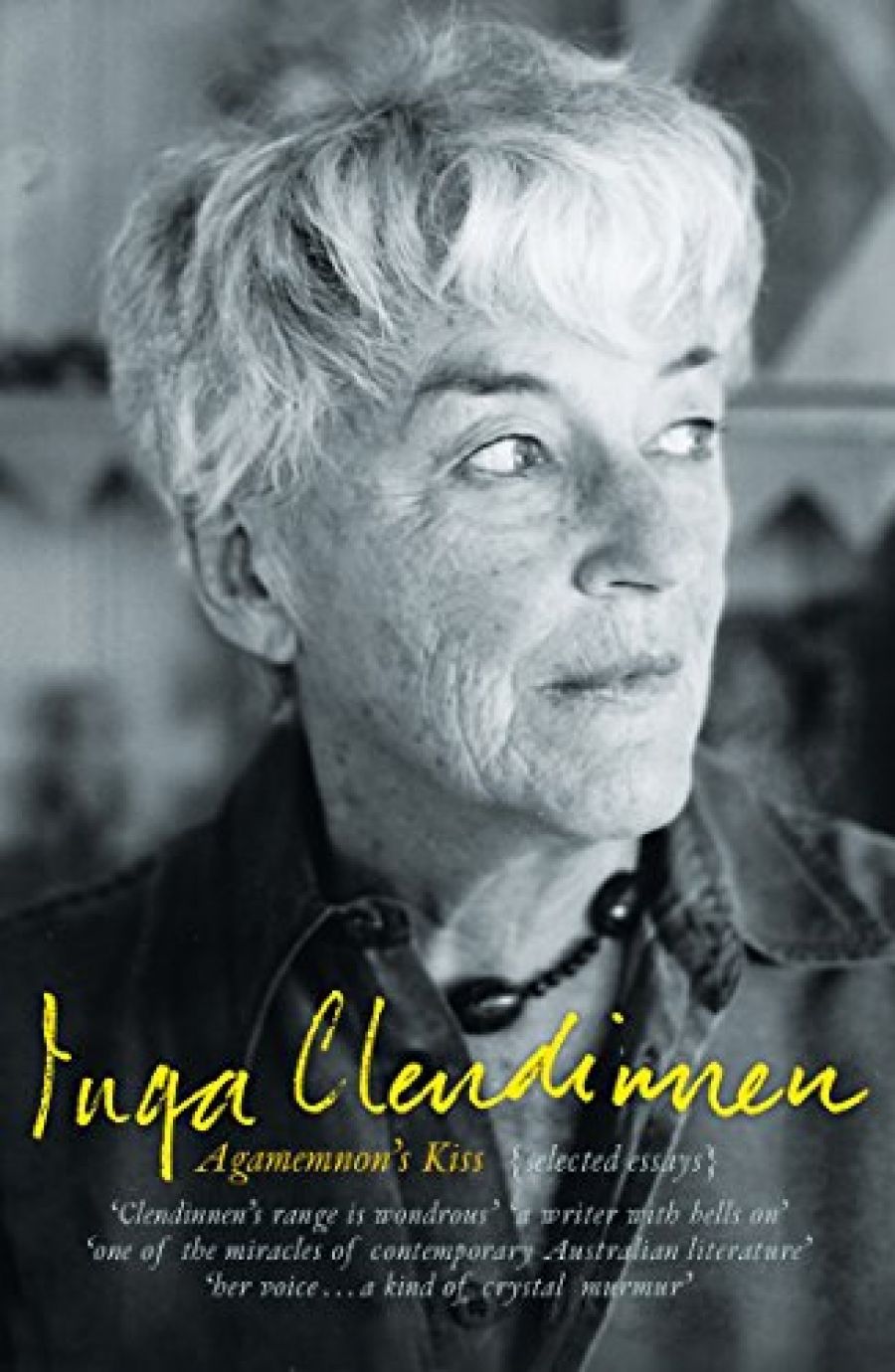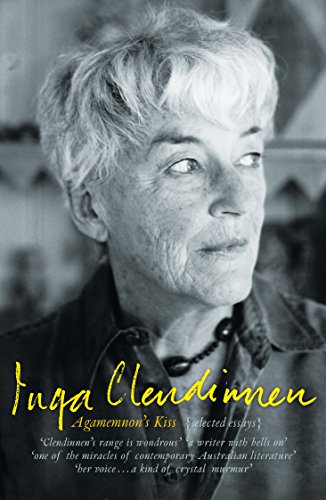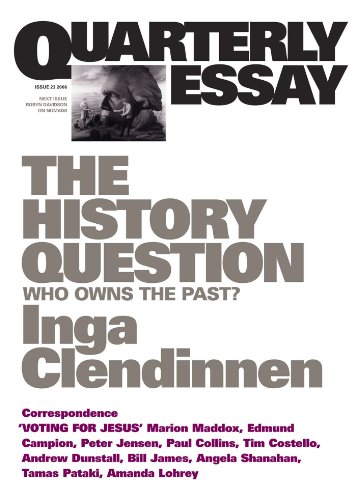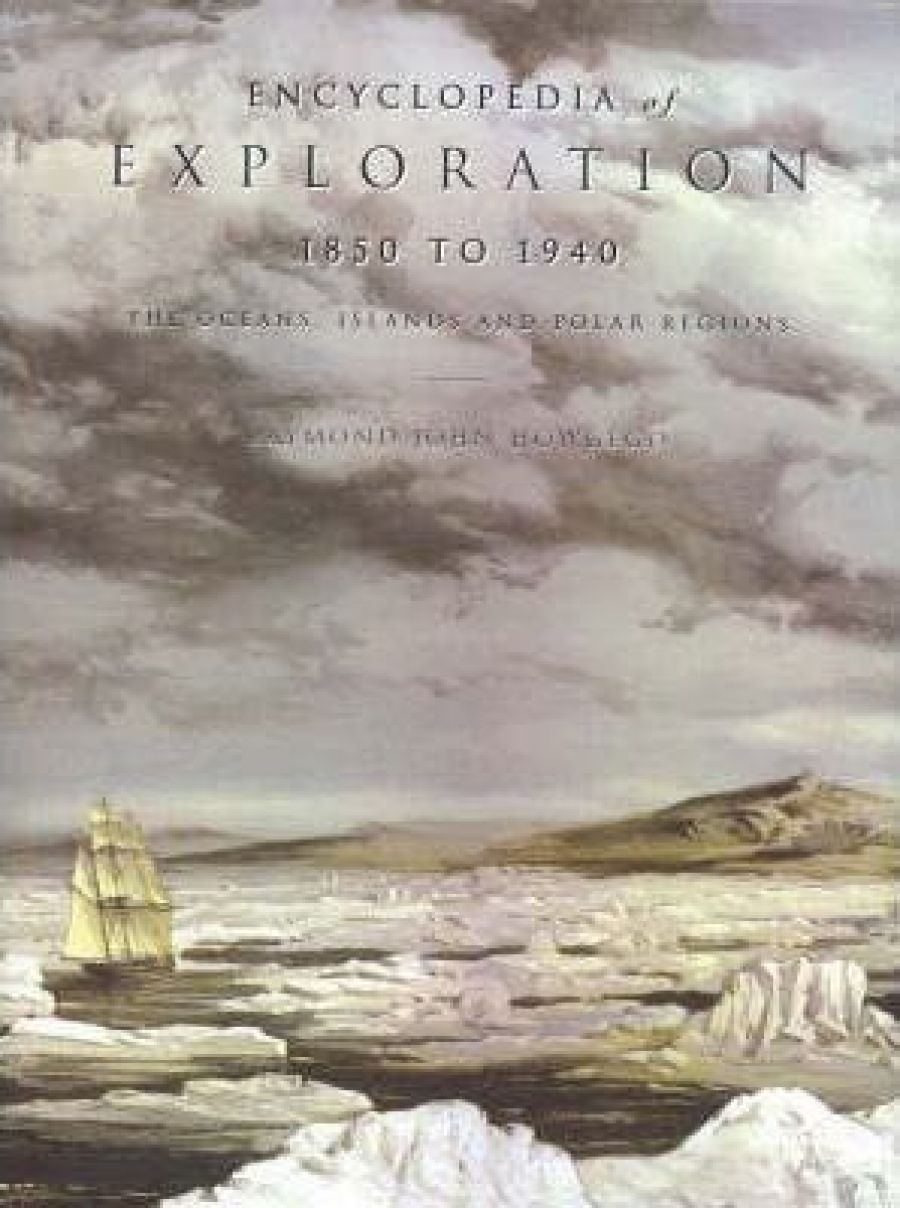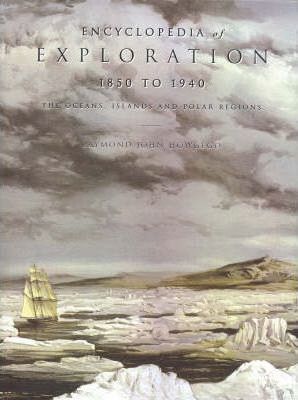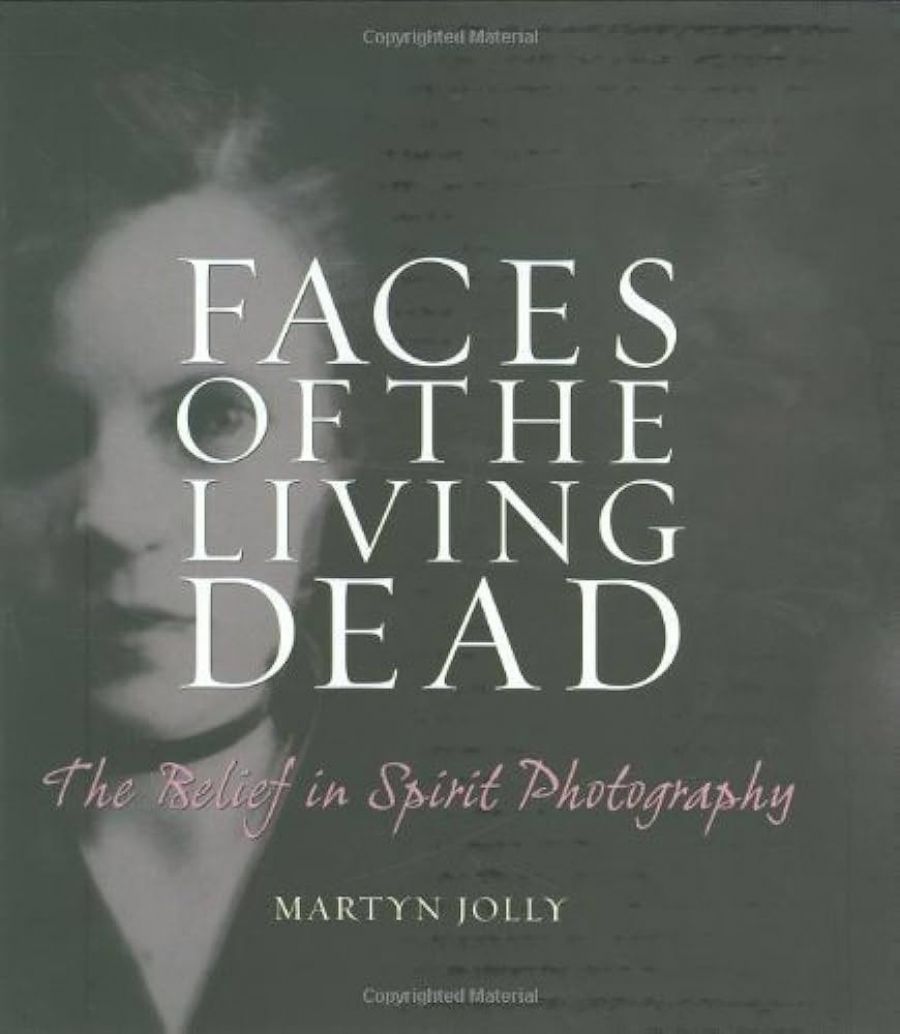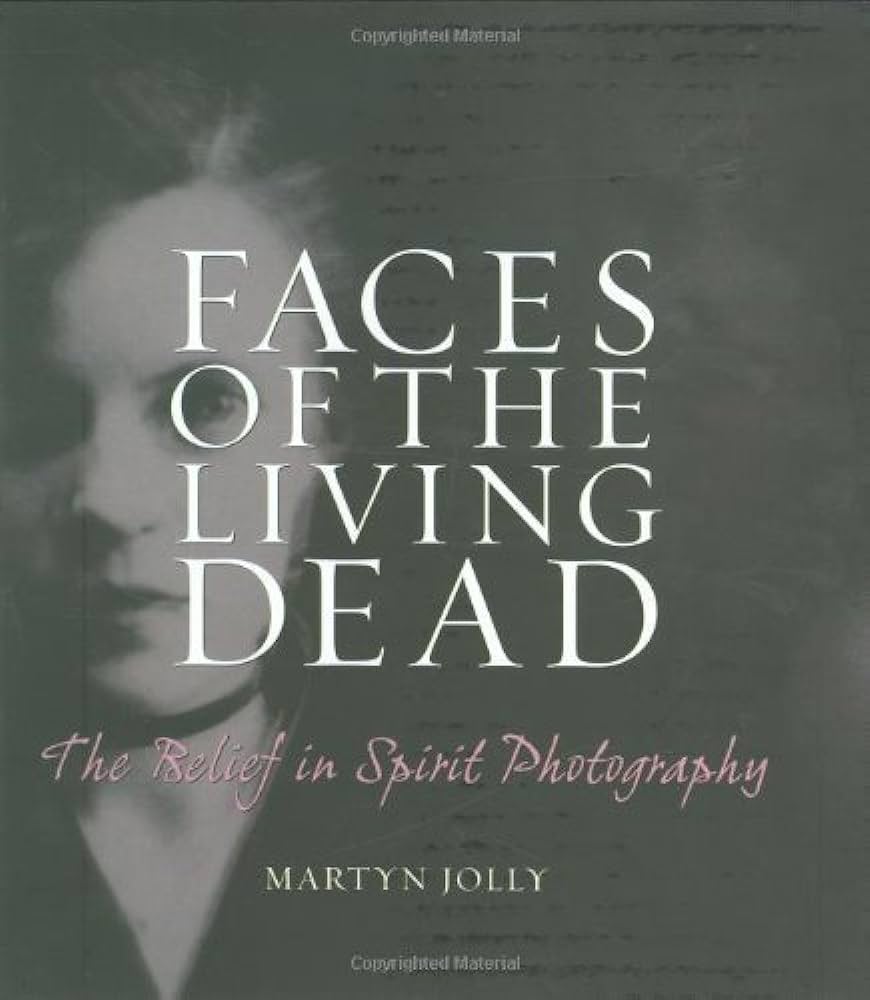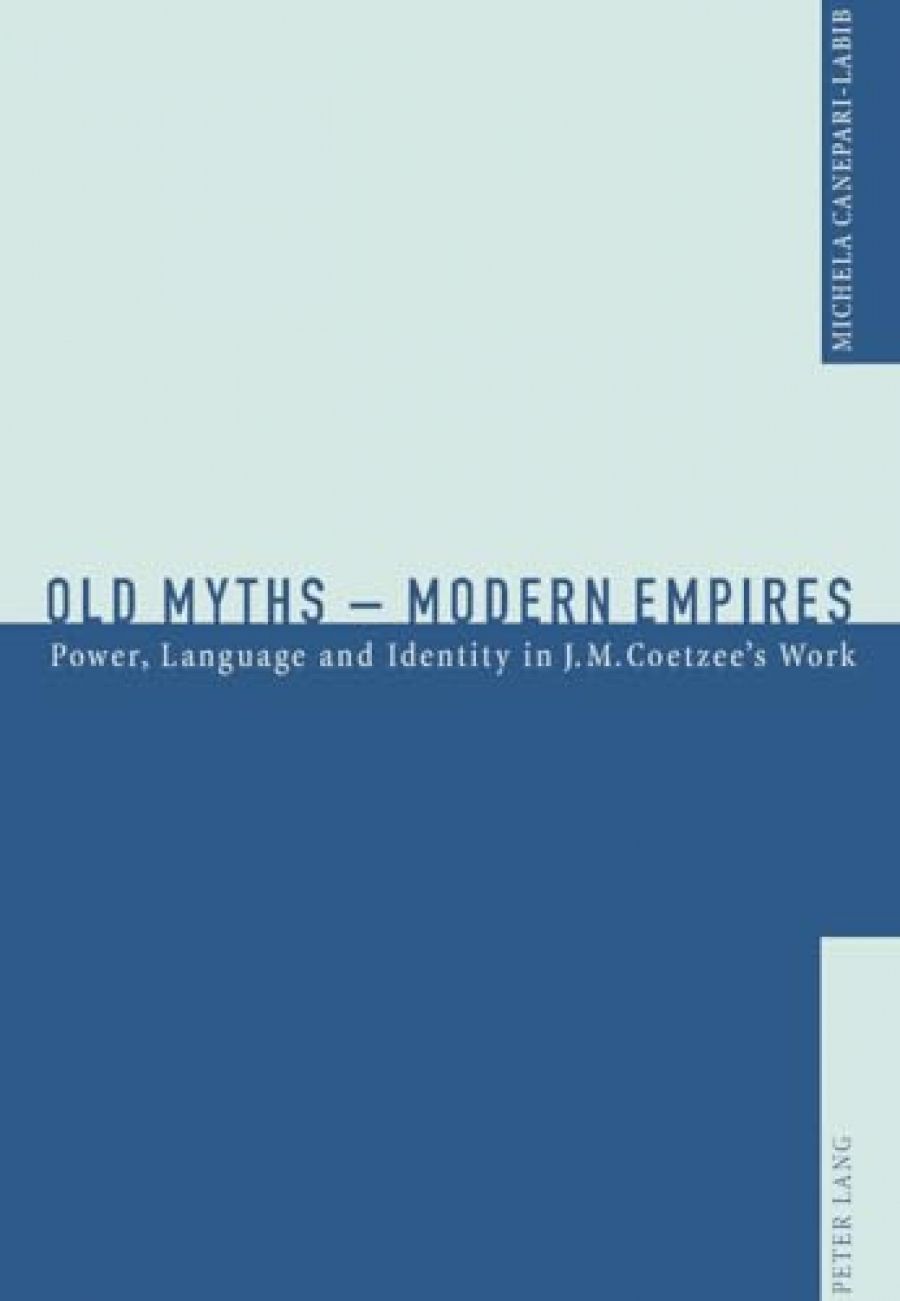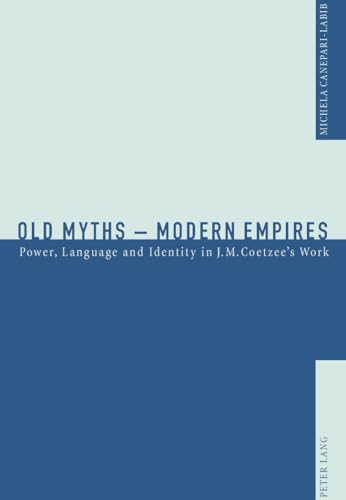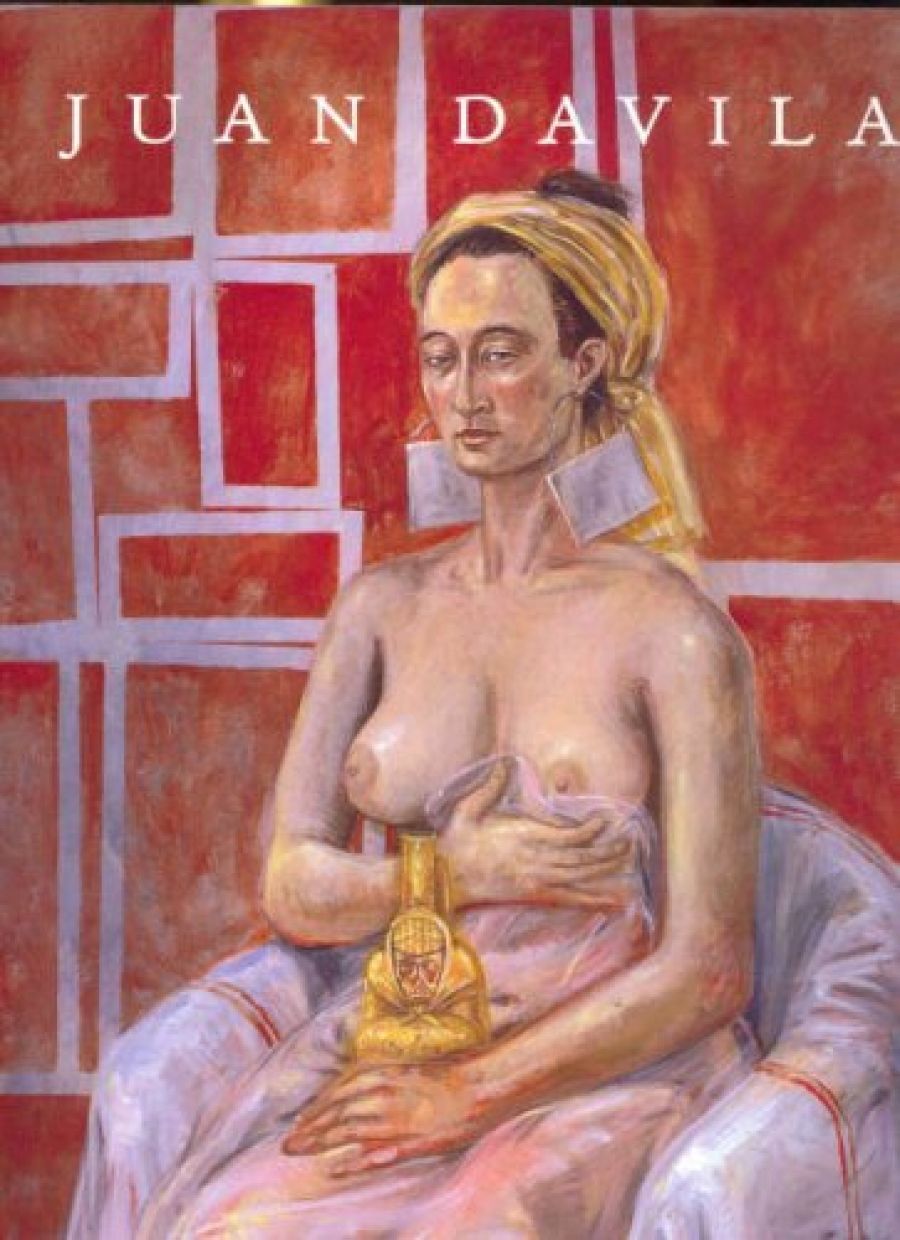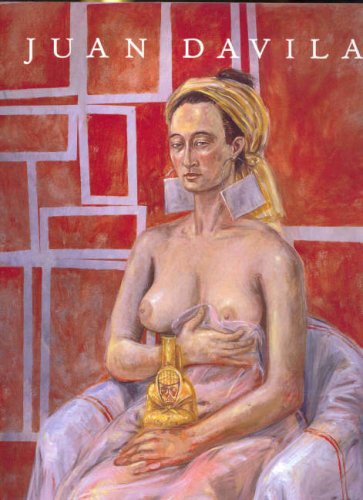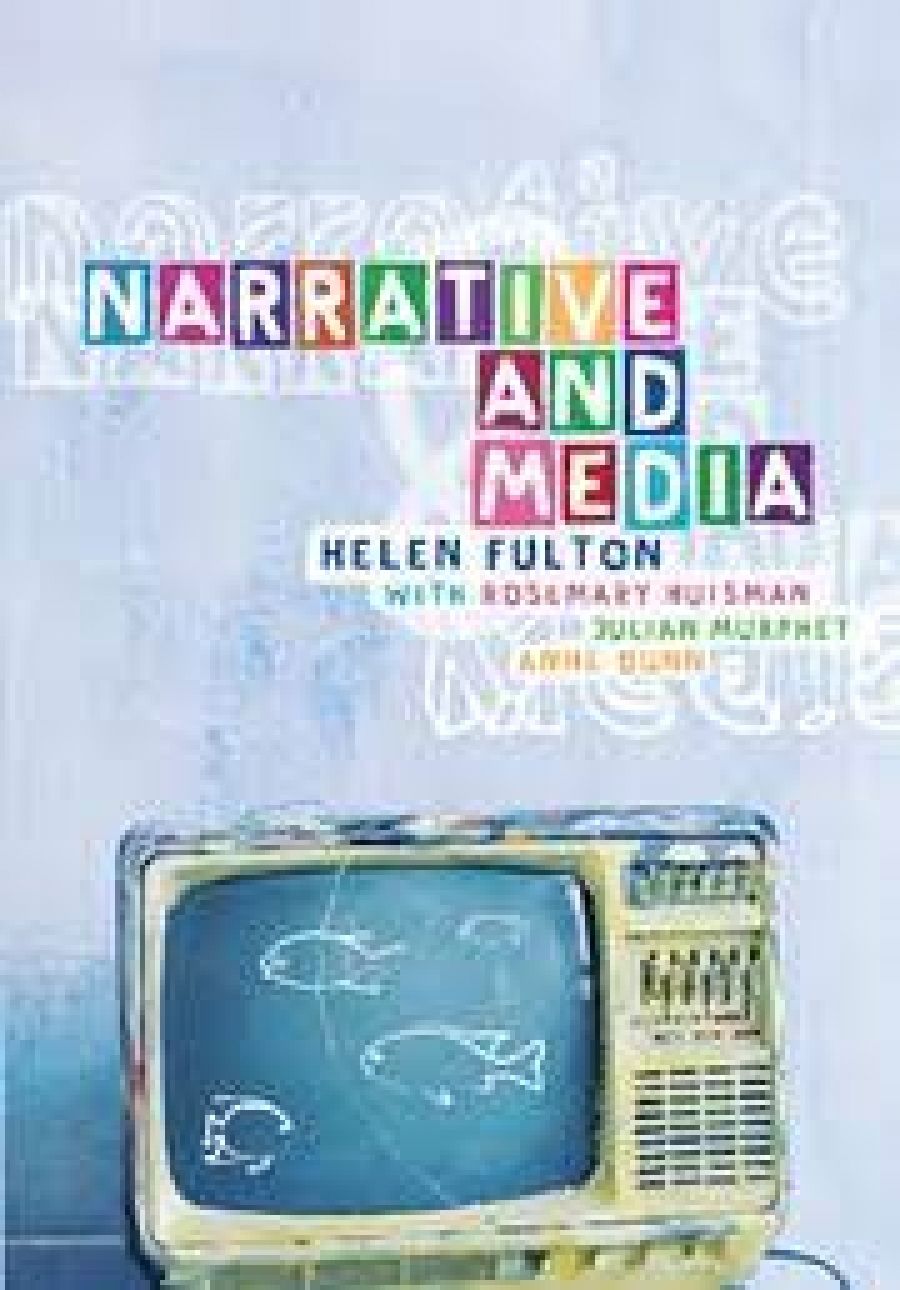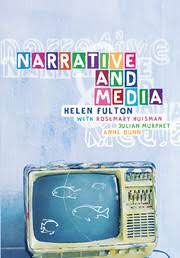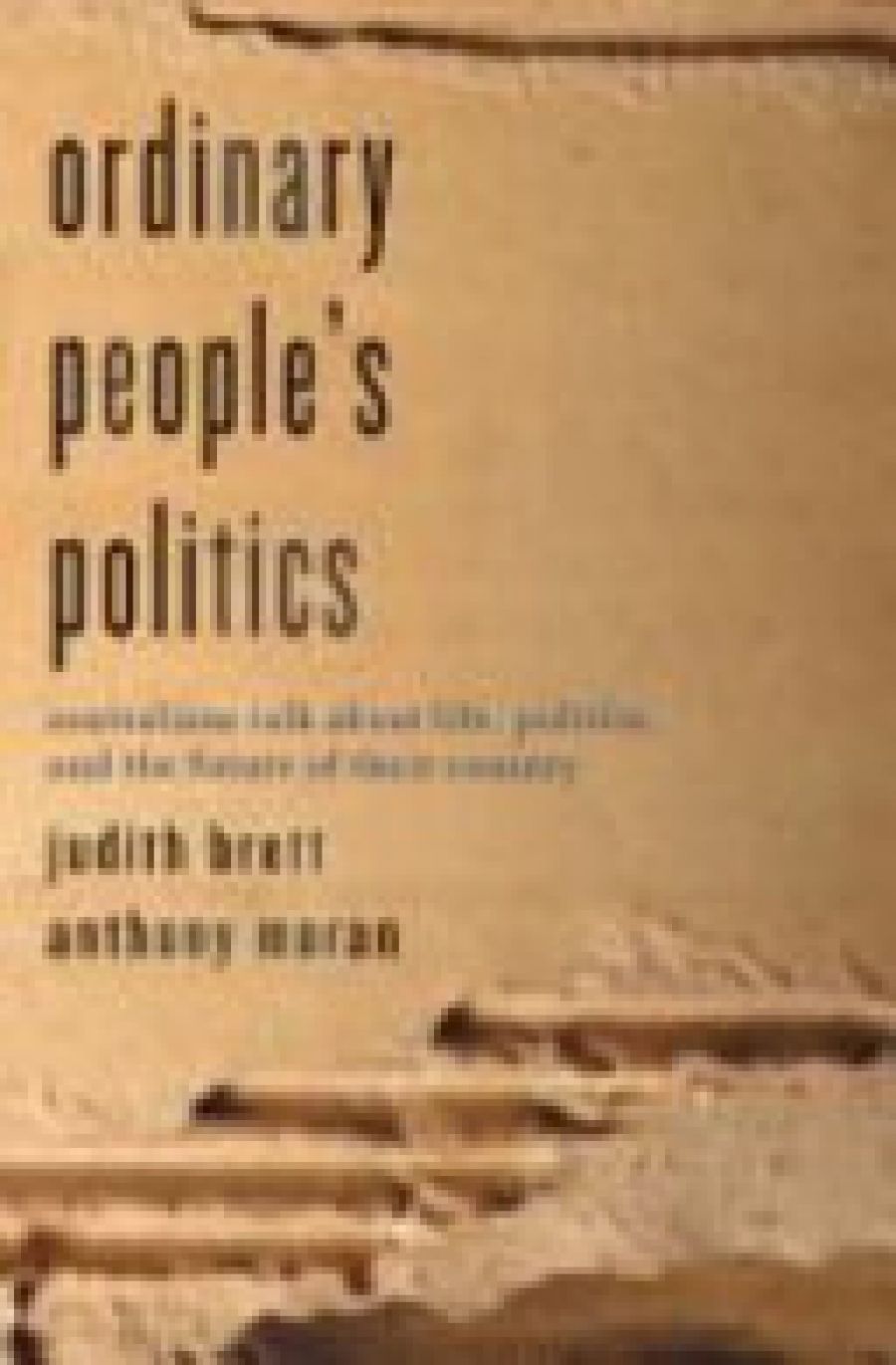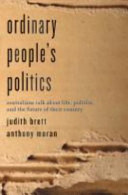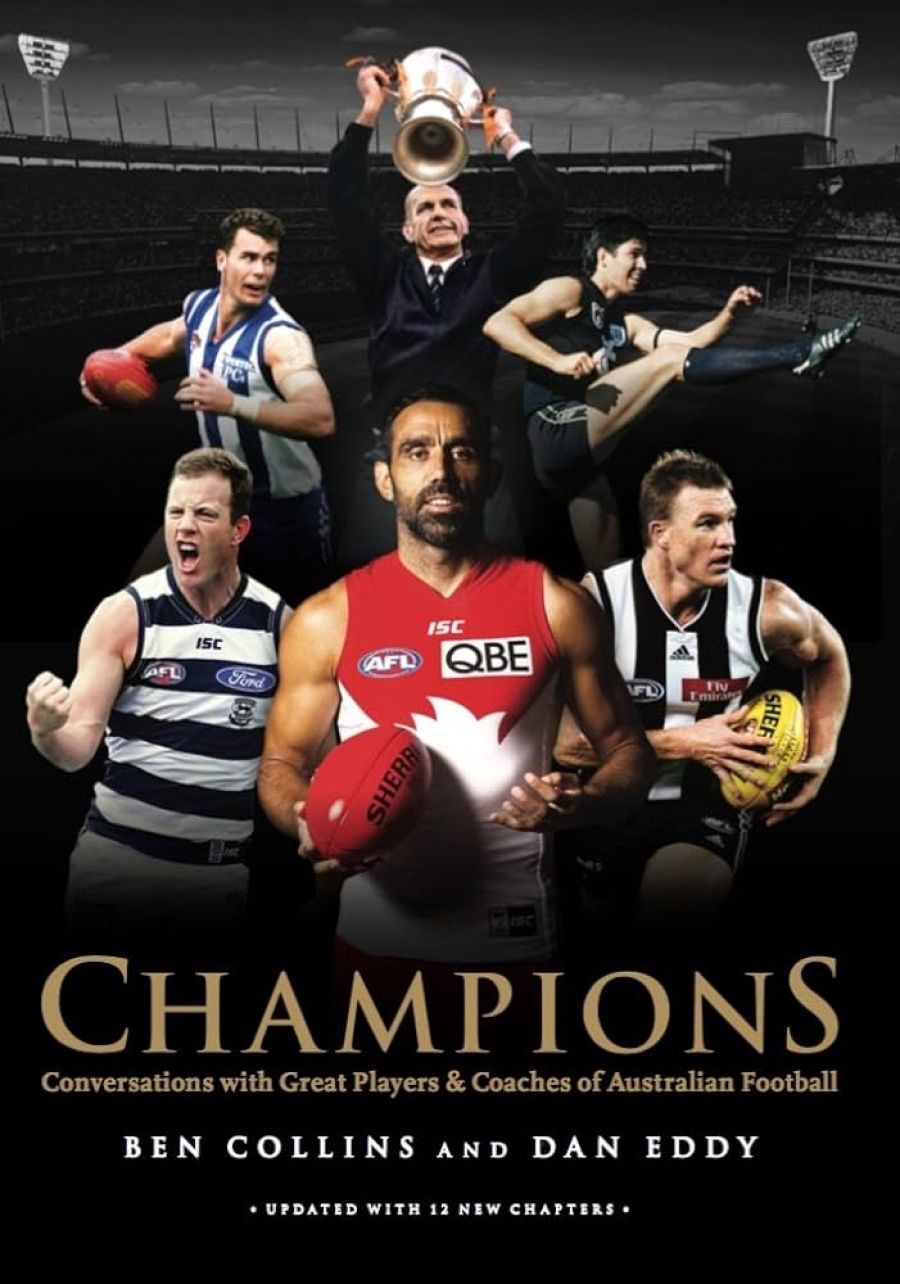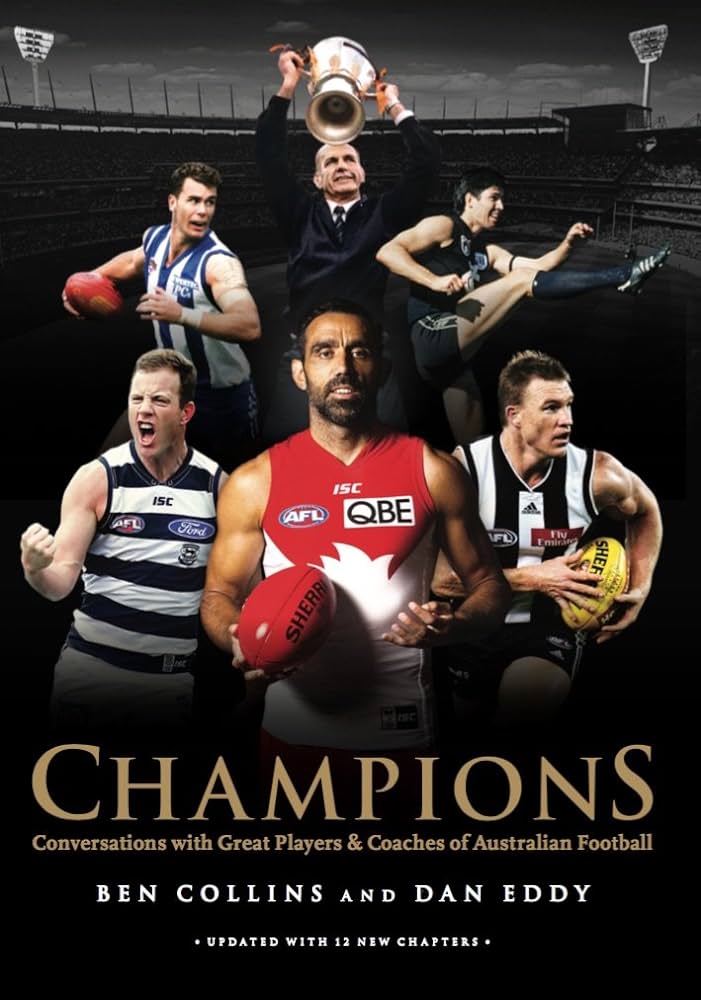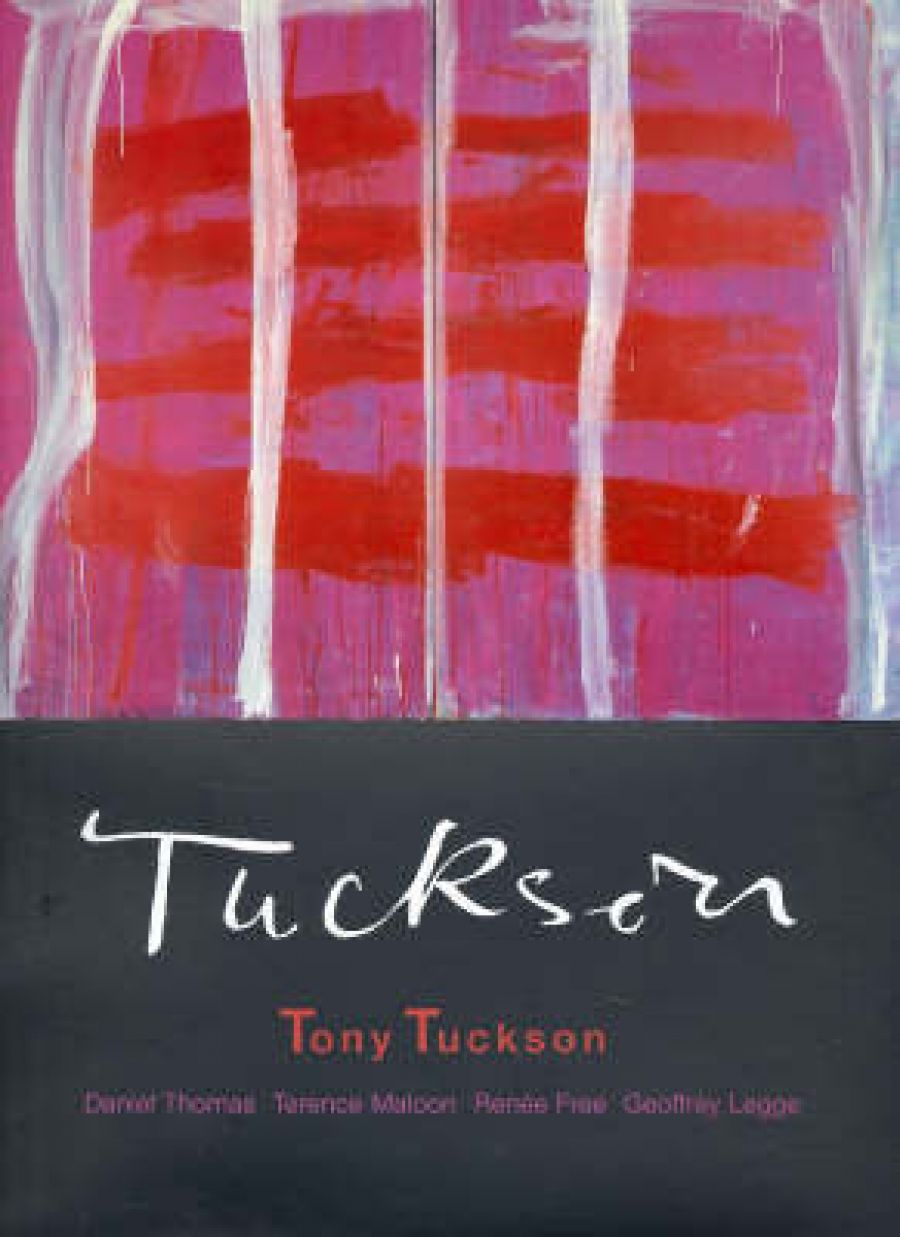- Free Article: No
- Contents Category: Biography
- Review Article: Yes
- Article Title: Matters of life and death
- Article Subtitle: The return of biography
- Online Only: No
- Custom Highlight Text:
Once neglected within the academy and relegated to the dustier recesses of public bookstores, biography has made a notable return over recent years, emerging, somewhat surprisingly, as a new cultural phenomenon, and a new academic adventure. In a move that’s perhaps indicative of this revival, the British bookseller Waterstones recently placed their biography section at the very front of their stores, renaming it boldly, LIFE. Biography has similarly taken prime position in our nightly television, with programmes such as Dynasties, Australian Story, Talking Heads and Enough Rope. It has bagged the front stalls in our cinemas, where the lives of Casanova and Kinsey, of Truman Capote and Elizabeth I, of Johnny Cash and Alexander the Great are played out on the big screen. In our public libraries, readers huddle over computer terminals, busily researching their family genealogies. The National Library of Australia is now constructing its new coordinated online resource for biographical researchers, the People’s Portal, and has recently launched its latest publishing venture, a series of titles devoted to (what else?) Australian Biography.
Once neglected within the academy and relegated to the dustier recesses of public bookstores, biography has made a notable return over recent years, emerging, somewhat surprisingly, as a new cultural phenomenon, and a new academic adventure. In a move that’s perhaps indicative of this revival, the British bookseller Waterstones recently placed their biography section at the very front of their stores, renaming it boldly, LIFE. Biography has similarly taken prime position in our nightly television, with programmes such as Dynasties, Australian Story, Talking Heads and Enough Rope. It has bagged the front stalls in our cinemas, where the lives of Casanova and Kinsey, of Truman Capote and Elizabeth I, of Johnny Cash and Alexander the Great are played out on the big screen. In our public libraries, readers huddle over computer terminals, busily researching their family genealogies. The National Library of Australia is now constructing its new coordinated online resource for biographical researchers, the People’s Portal, and has recently launched its latest publishing venture, a series of titles devoted to (what else?) Australian Biography.
That very word ‘biography’ has gained in the past few years a new and interesting inflection, as seen in such titles as Peter Ackroyd’s London: A biography (2000), or Colin Jones’s Paris: Biography of a city (2006), or John Lewis-Stempel’s England, the Autobiography: 2000 years of English history by those who saw it happen (2006) – a collection which begins with Julius Caesar’s account of the Roman invasion of Britain in 54 BCE and ends with Jonny Wilkinson’s reflections on kicking that famous last-minute goal against Australia in November 2003. More daringly still, there is Jack Miles’s God: A biography (1995), Fran Beauman’s The Pineapple: King of fruits (2005) – ‘an engaging biography’, writes the TLS reviewer – and Lizzie Collingham’s Curry: A biography (2005) – not to be confused with Denis Brian’s similarly titled The Curies: A biography of the most controversial family in science, also published in 2005. As a publisher friend of mine recently remarked, if The History of the Potato were to be published today, you’d have to call it The Potato: A biography. While it is tempting to dismiss such titles as simply reflecting the whims and fashions of retail marketing, I doubt that the word ‘biography’ would have been viewed as such an attractive, all-purpose seller just ten or twenty years ago; its adoption now does seem to indicate a significant change in public perception; a new sense even of what biography may do, and what, essentially, it’s about.
Read more: ABR/La Trobe University Annual Lecture, 2006 - Ian Donaldson
Write comment (0 Comments)

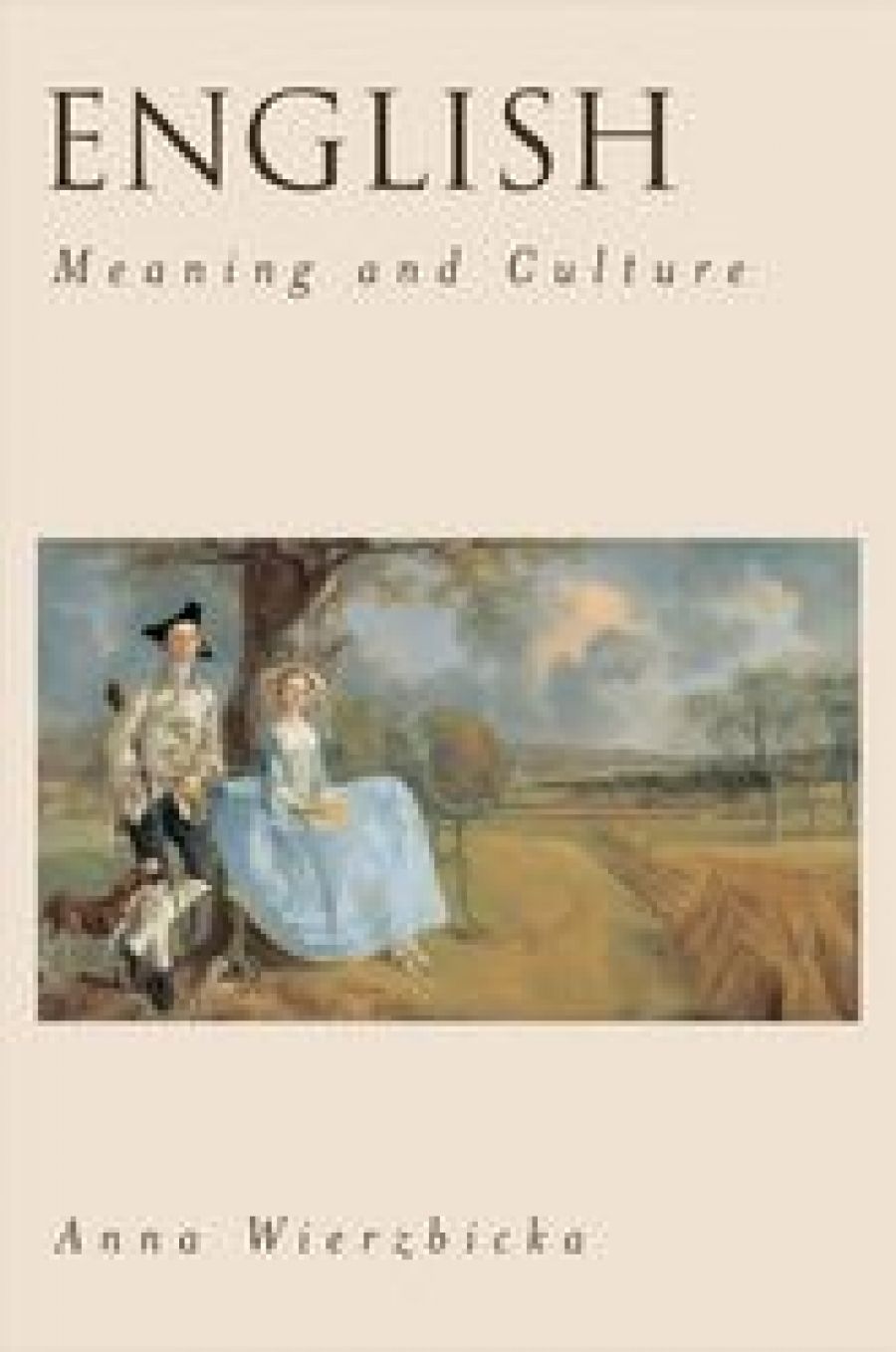


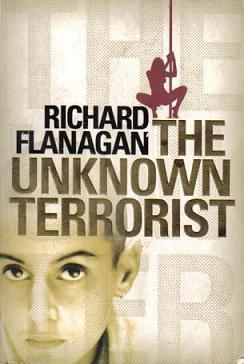
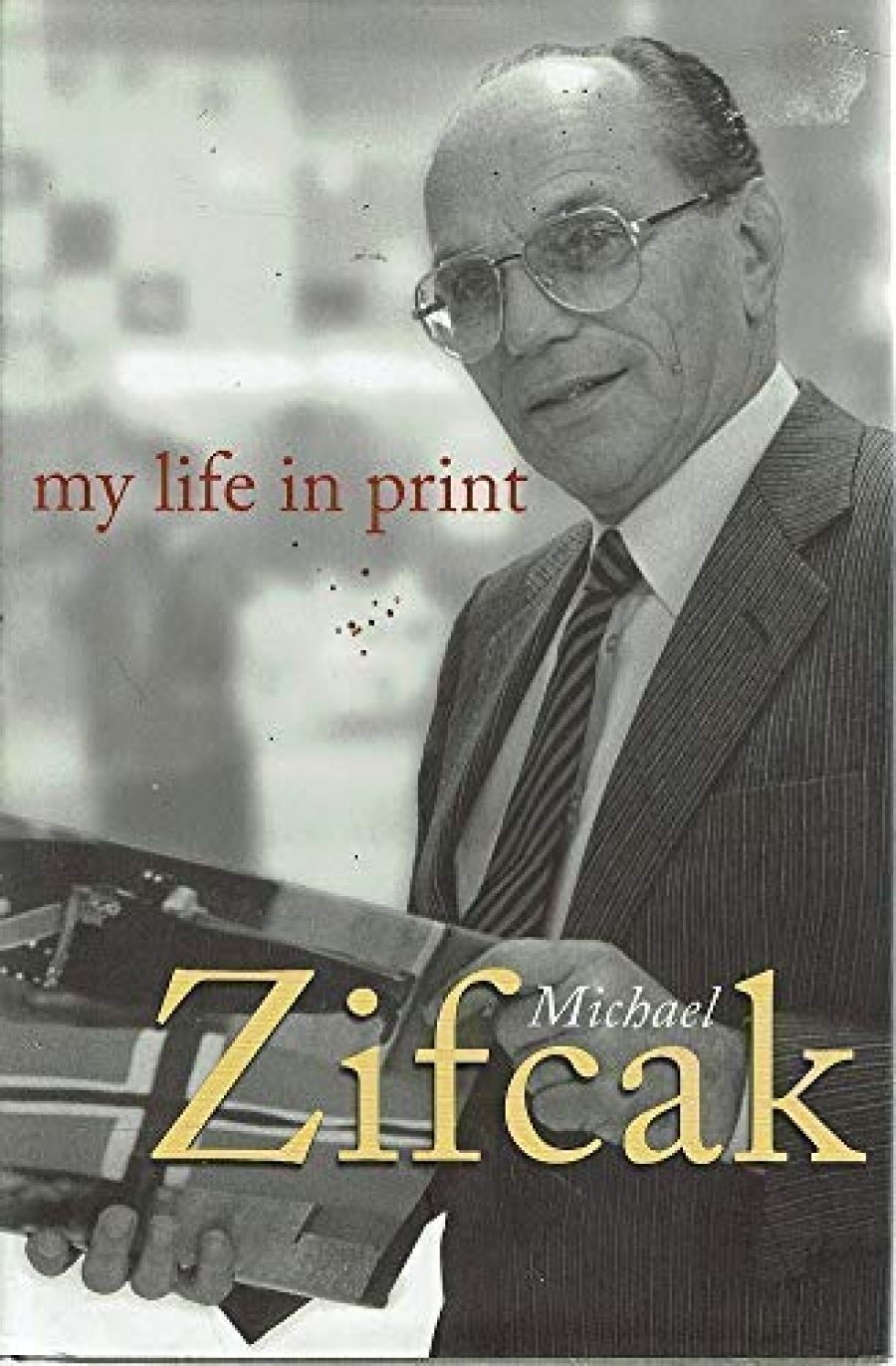
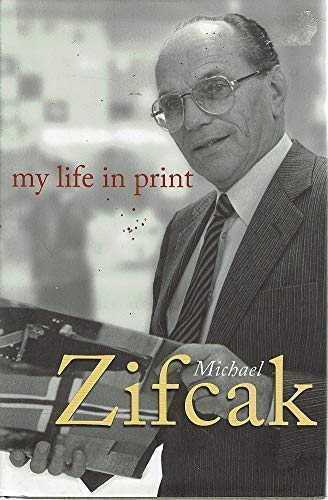
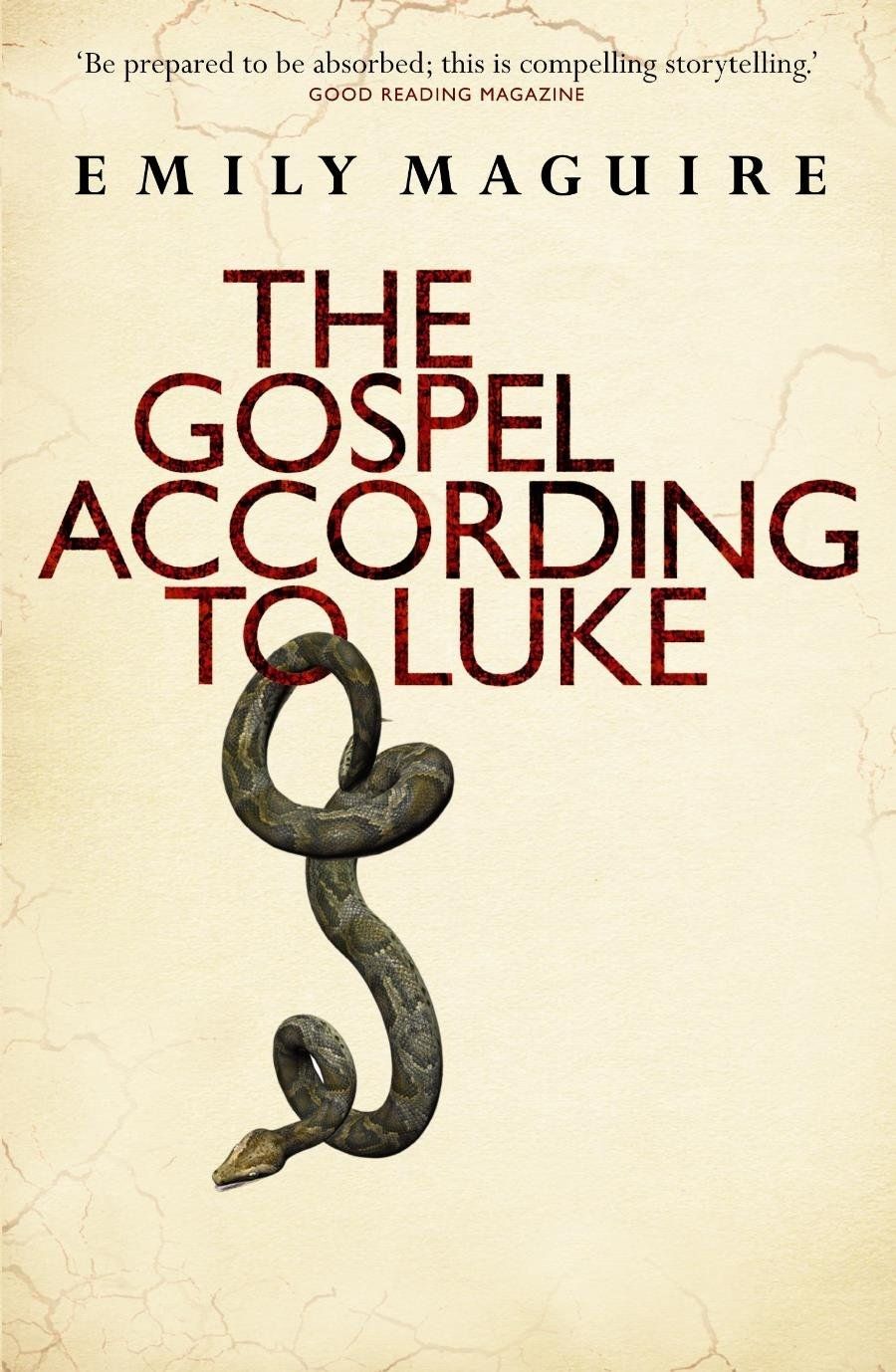


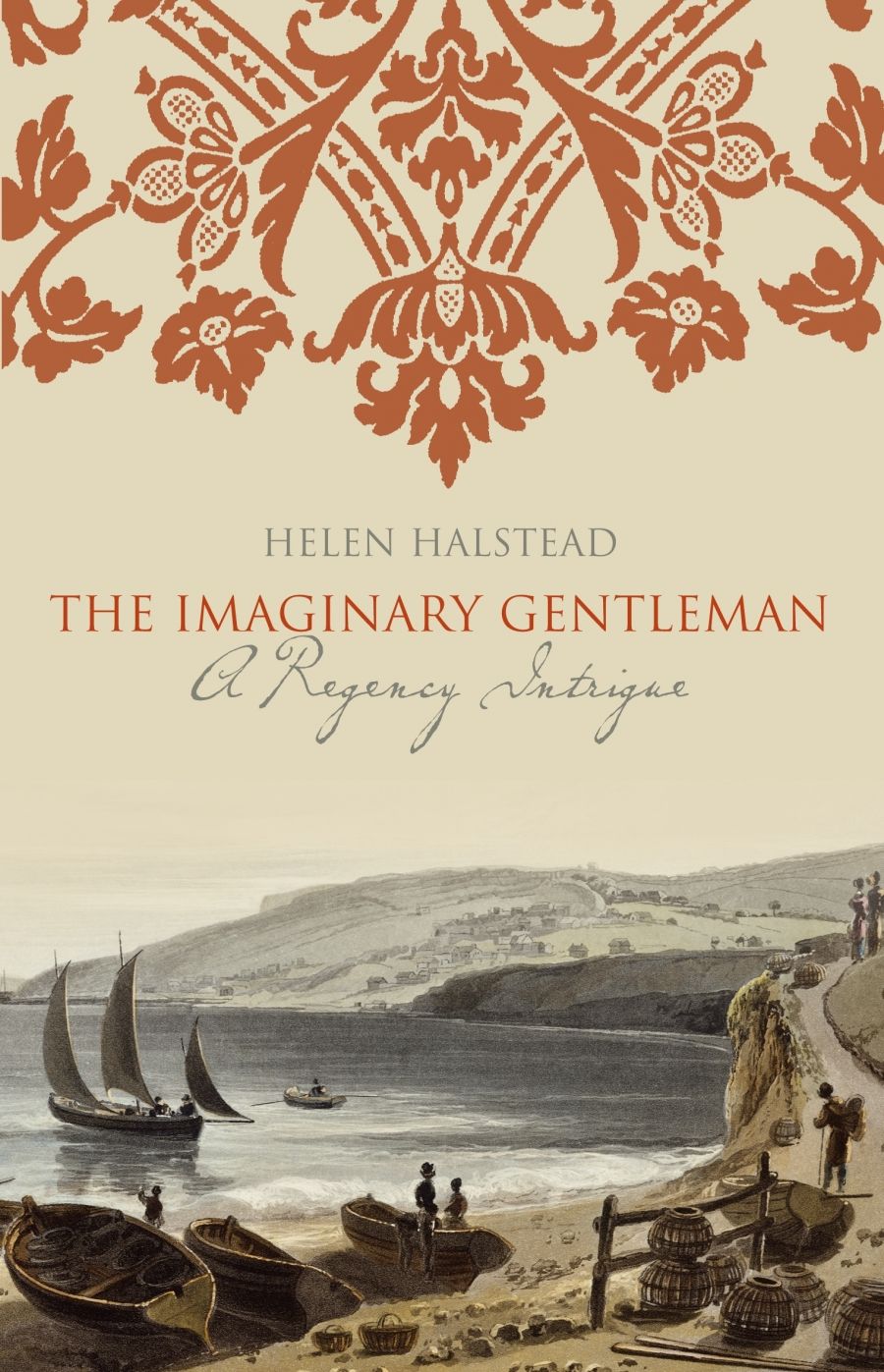

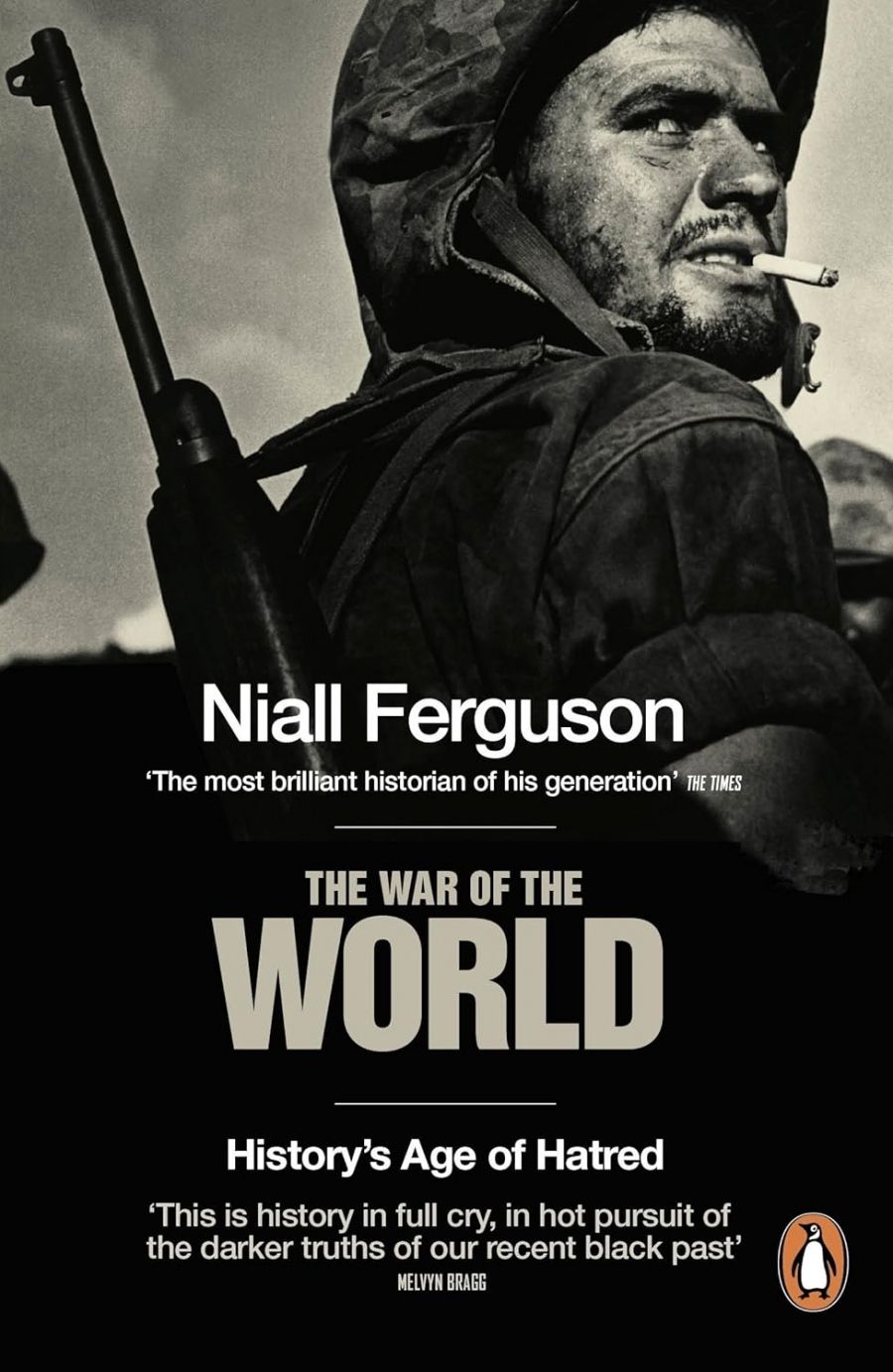
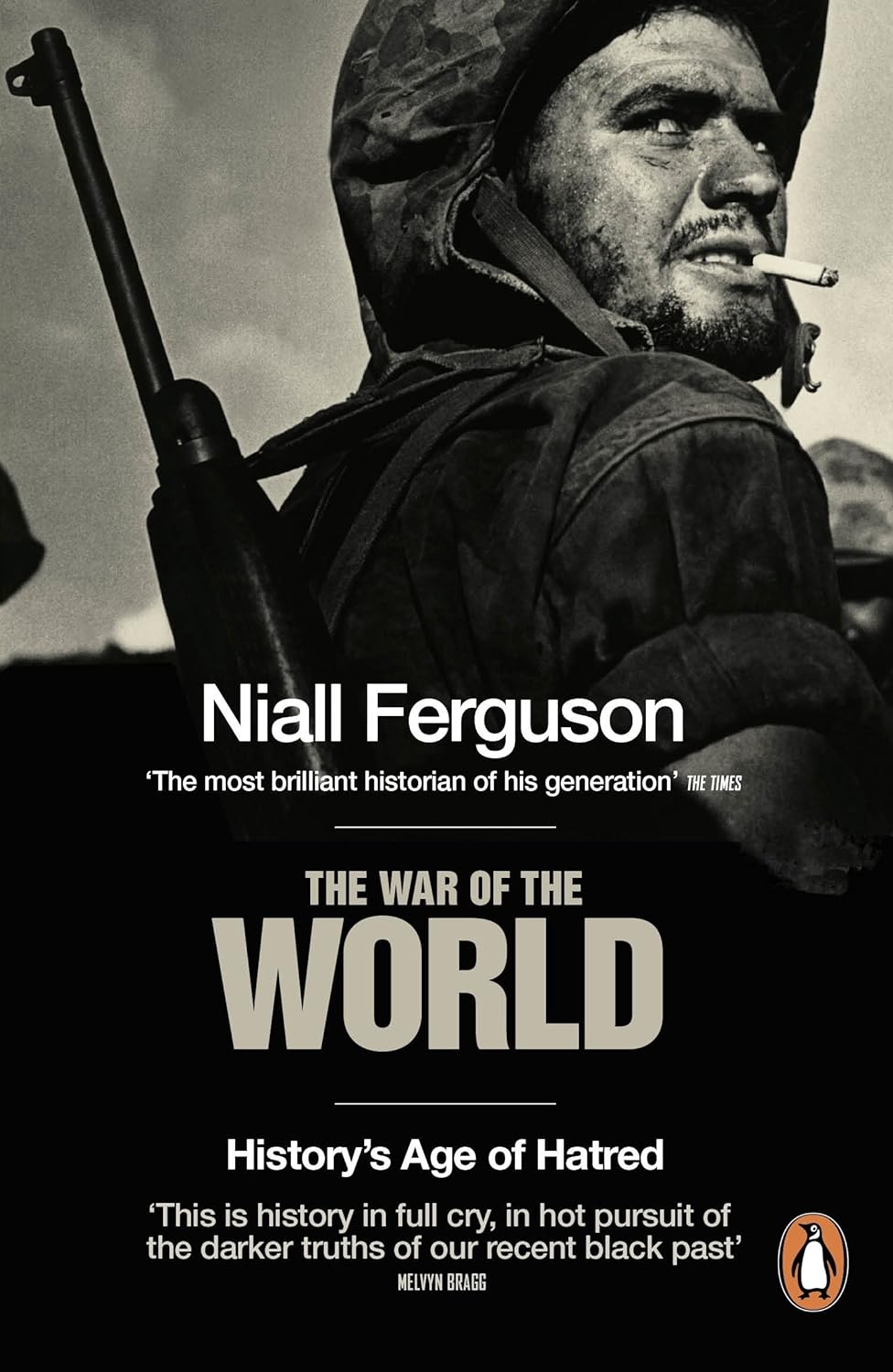
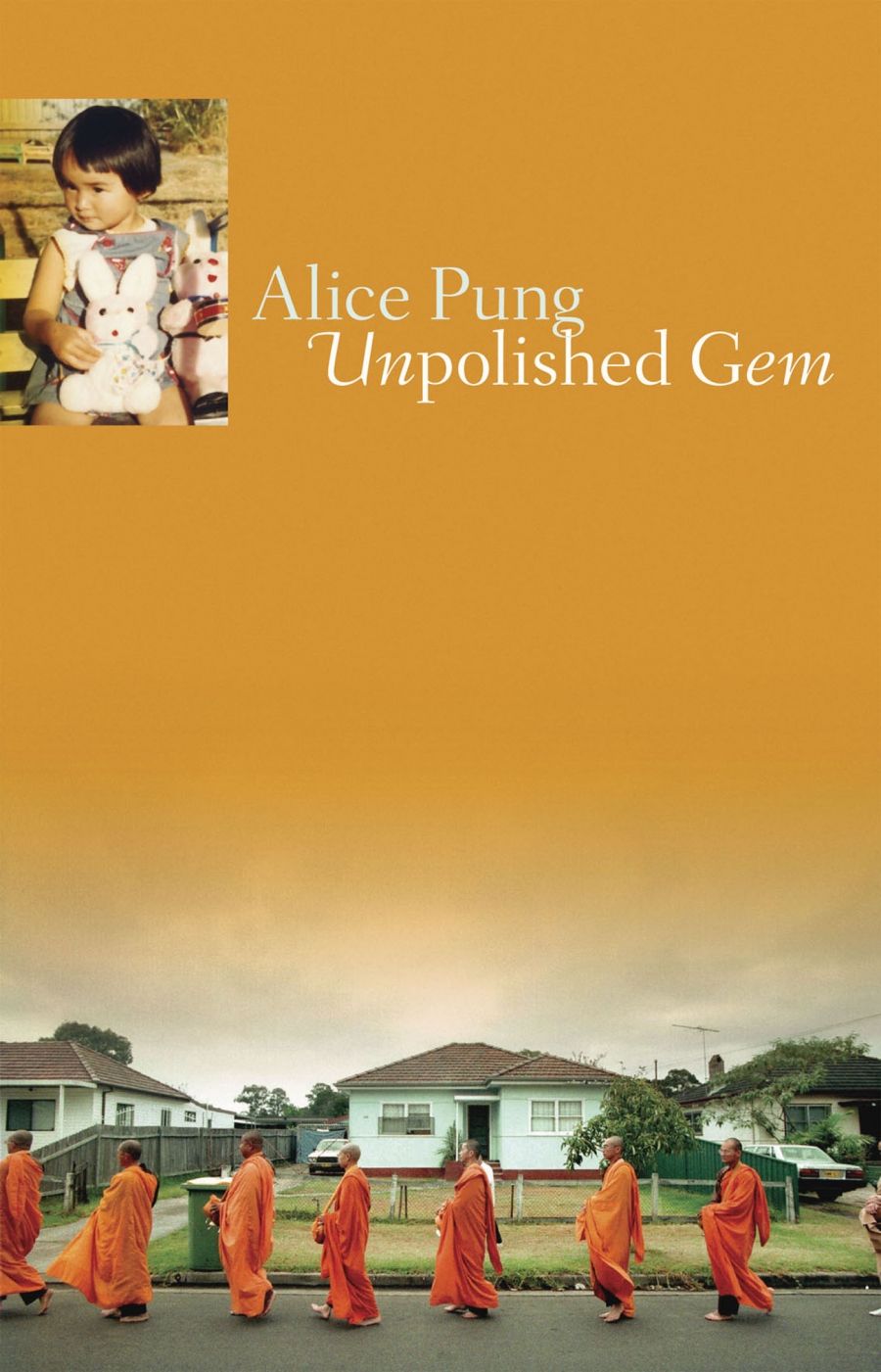
.jpg)
